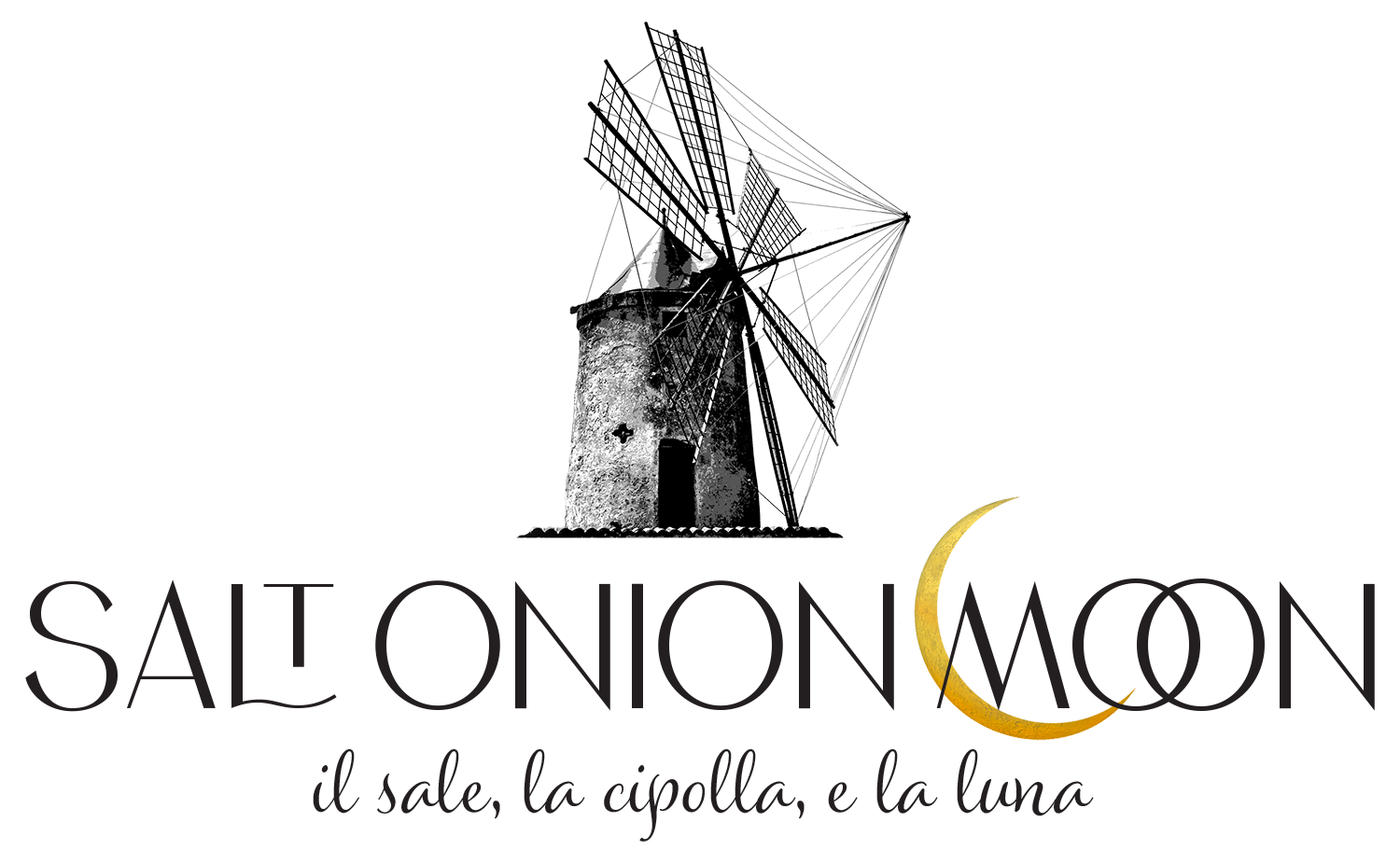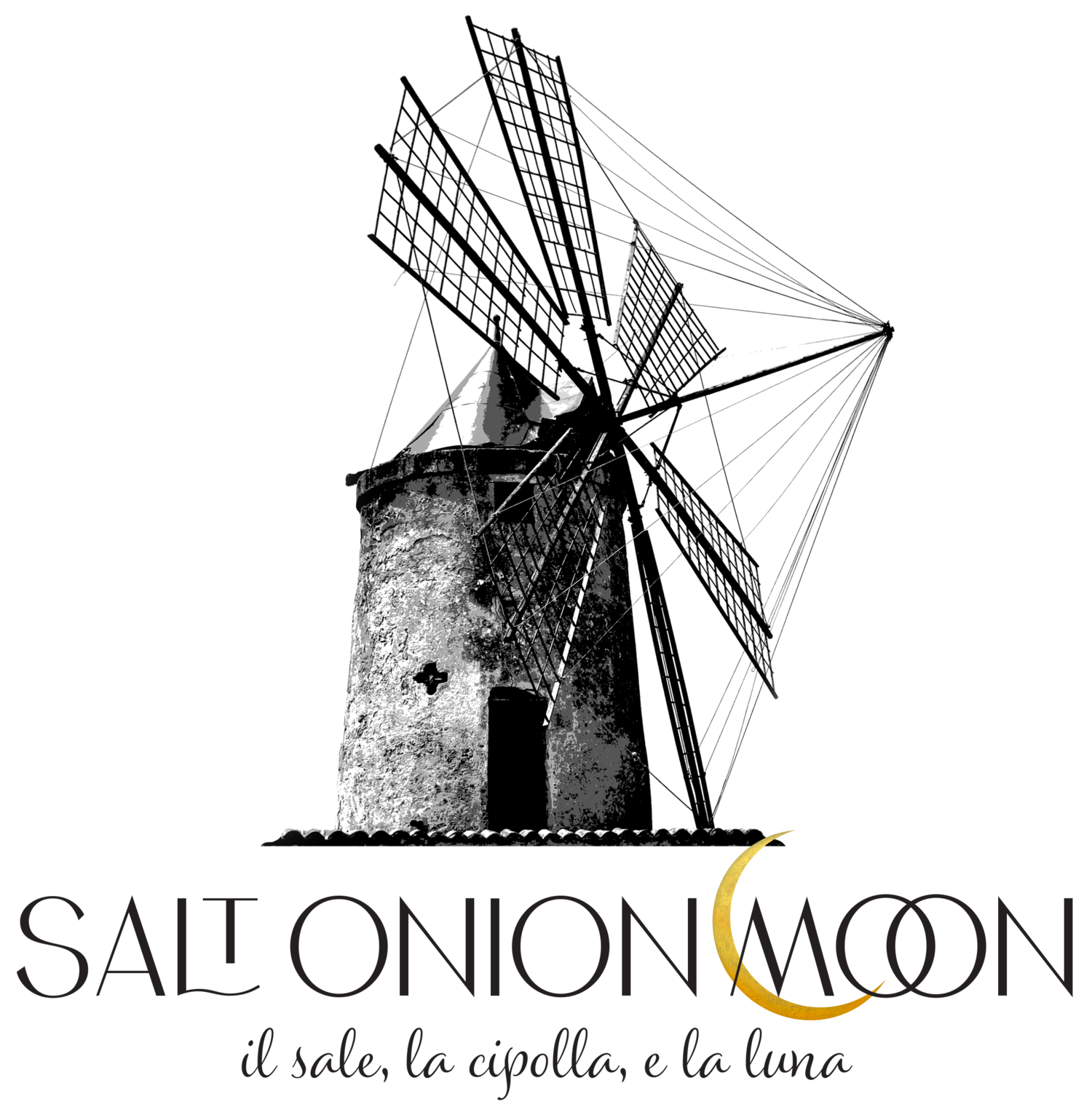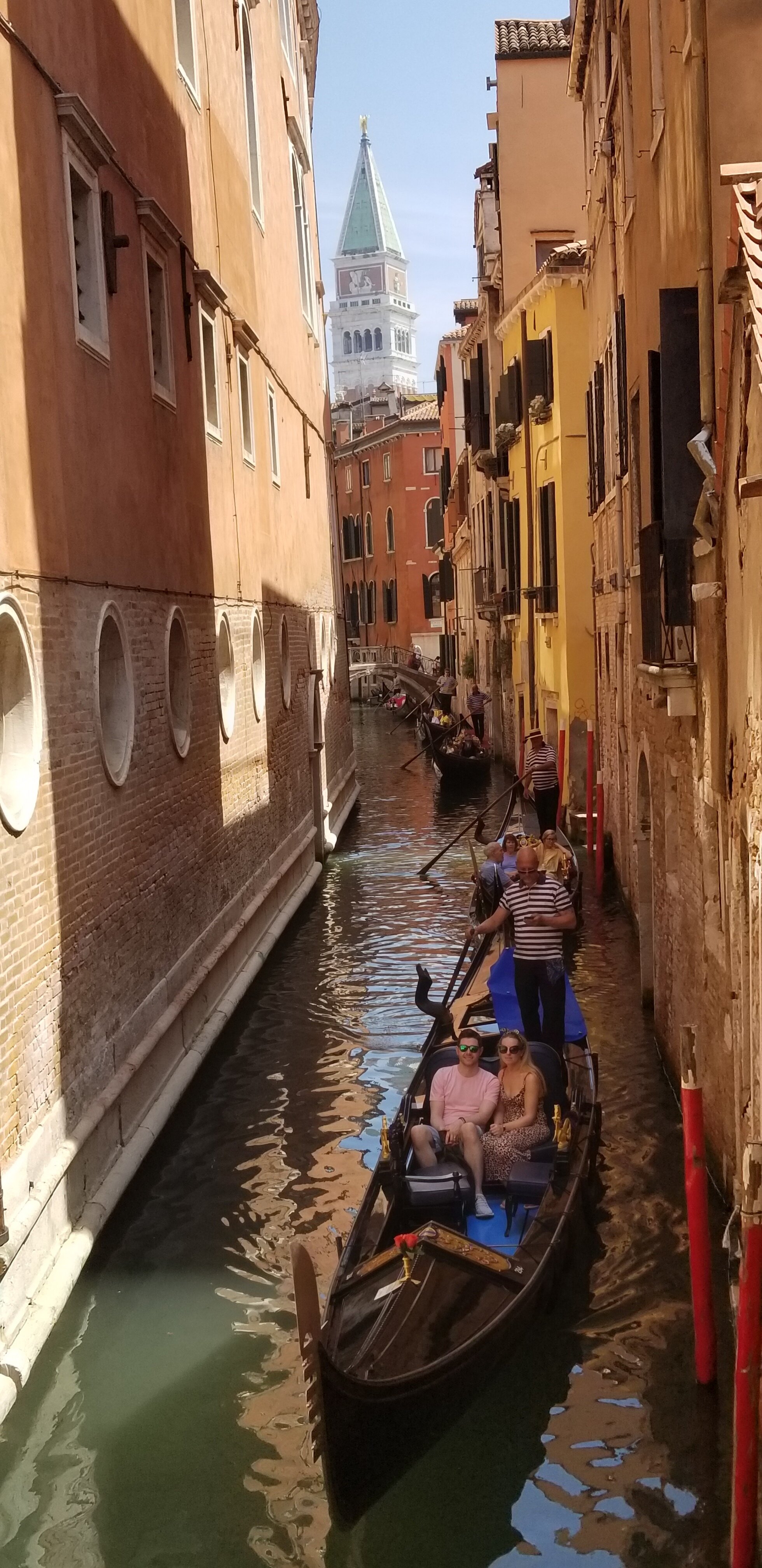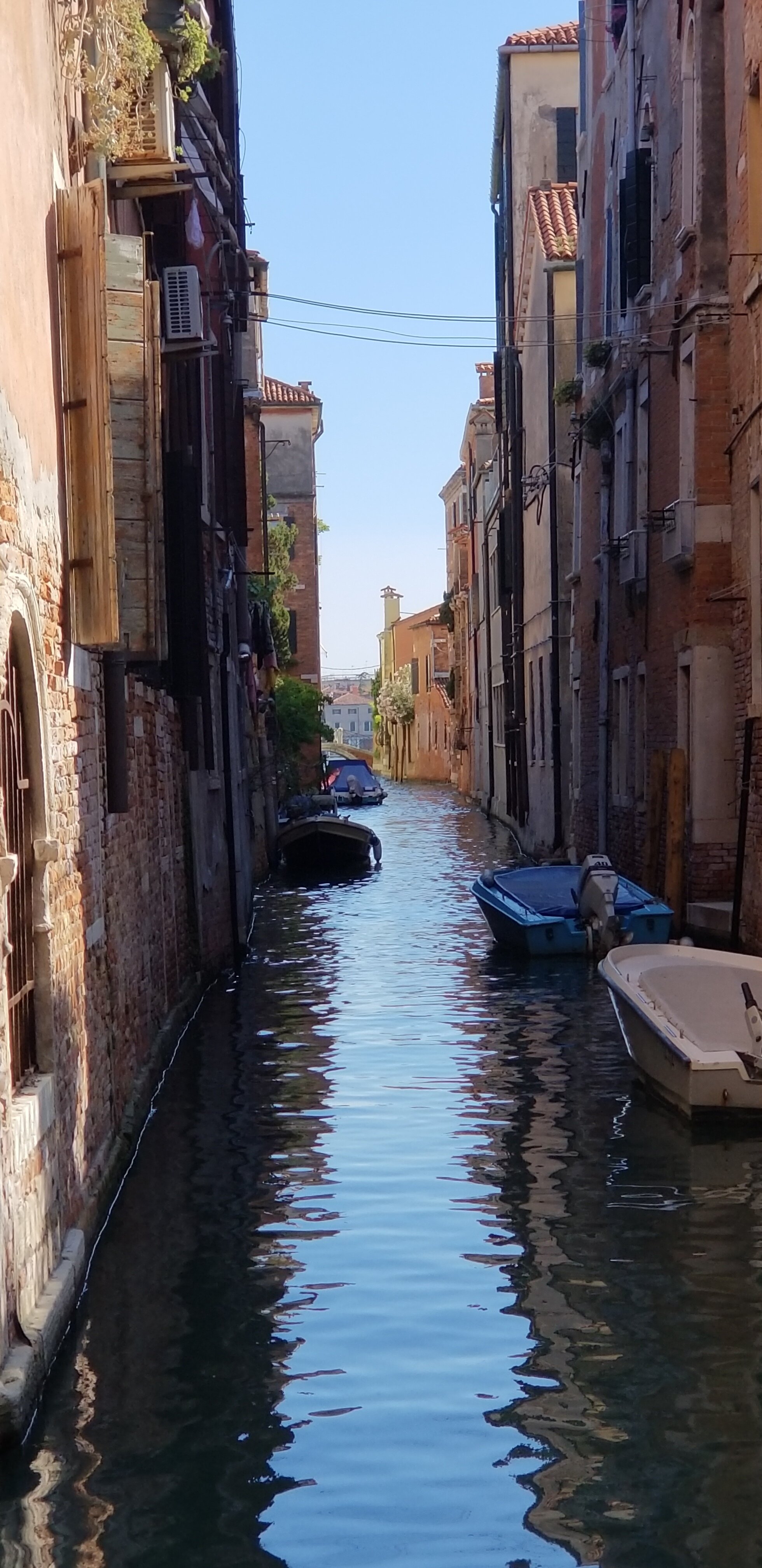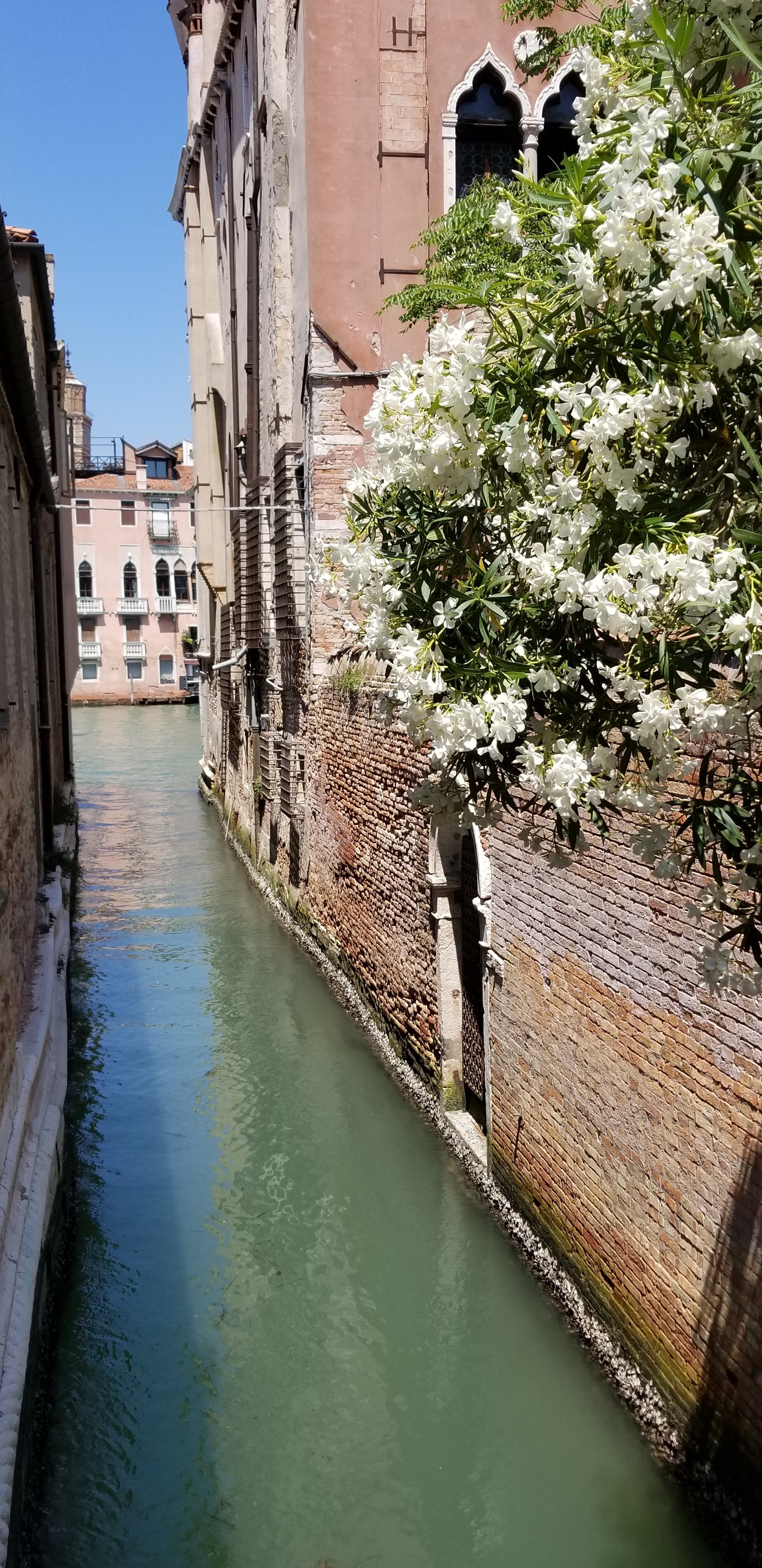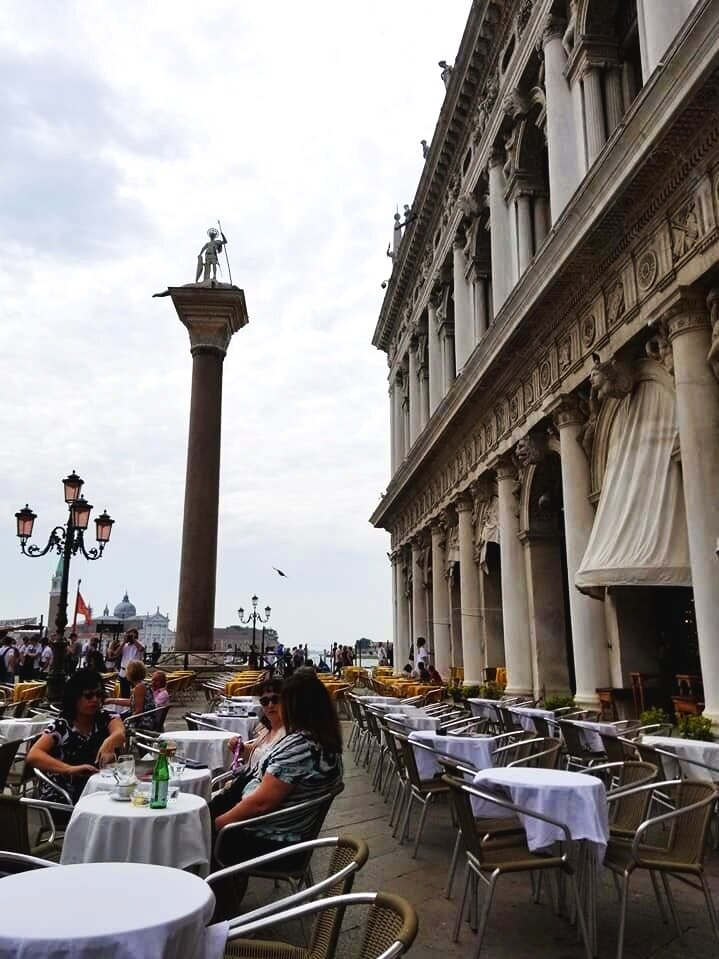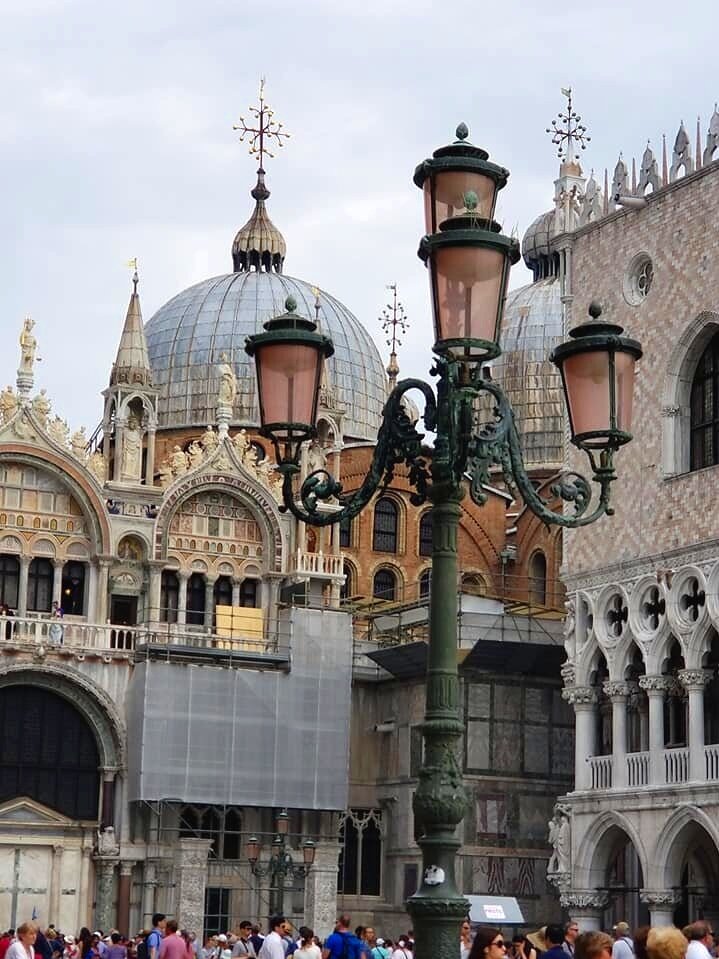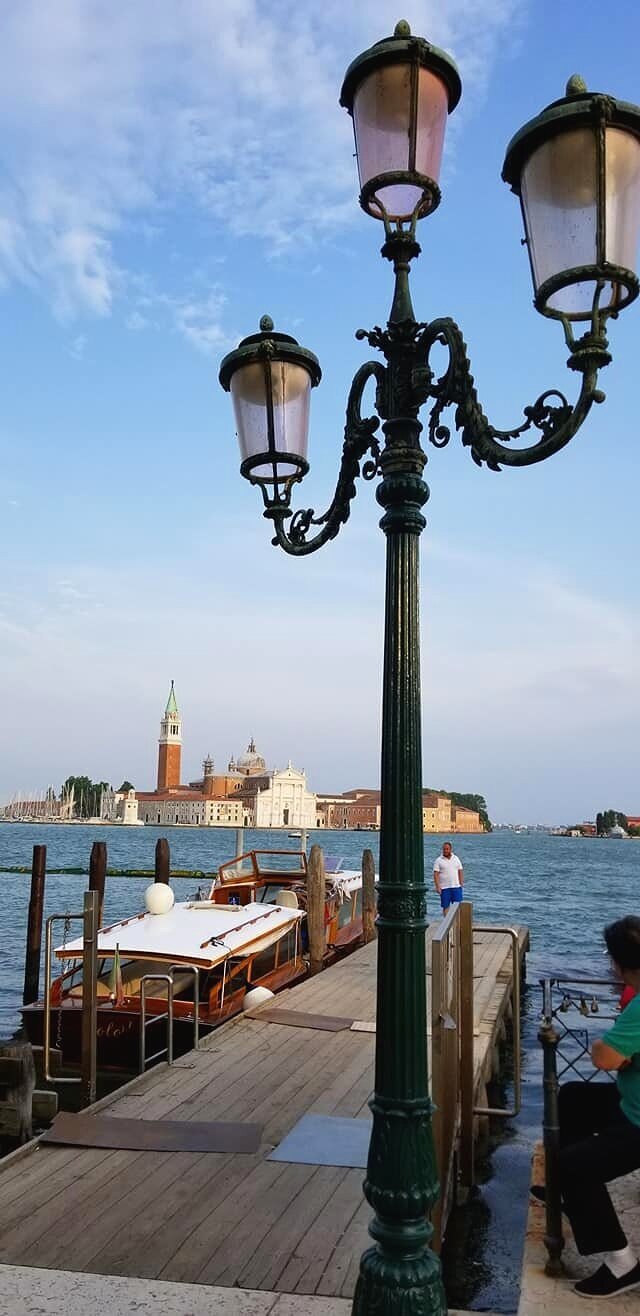Here is your soul…
The flirty Aperol Spritz…
this photo by www.jculcasi.com
Italy is not just a place where one can stumble onto some incredible food. It is a purveyor of culture and pride. You cannot order a simple piece of bread without some wonderful deconstruct coming out of the kitchen. The Italian culture wants something for you.
Italy wants your life to be beautiful.
These people who live so vivaciously in this dreamy and delicious milieu will bake you fresh bread; iron a beautiful, antique, hand-embroidered linen napkin for your lips; place fresh flowers on the table and lovingly arrange rosemary and thyme on your plate when you come over for dinner. They do all of this in anticipation of your being there to share a meal. They want you to understand that Italian life- all life- is beautiful.
Some kind, humorous or even poetic words and probably a few bottles of Chianti may be opened. Before the meal, a breathless and exciting aperitivo with Campari or her lighter, flirtier sister Aperol might dance into your glass.
Make one? According to the colorful Aperol website, the perfect spritz is made by “adding ice into the glass then pour in the Prosecco, the Aperol and add a splash of soda, top with a slice of orange. This avoids the Aperol settling at the bottom.” Need more surpises? Well, if you wander the streets of Venice at about 4 pm and amble into a bacaro bar, you might even find a surprising green olive giggling underneath the orange slice. Italians, and olives for that matter, are nothing if not unpredictable!
Consider dinner at a friend’s house in Italy. After the meal, a light desert could arrive, which may be a few small but delicious biscotti con pistacchi or amaretti along with a demitasse of espresso. Some grappa or other digestivi might appear at the end of desert to further delight.
i miei ragazzi, gli amari Toscano e Nonino
Maybe an Amaro will take a stroll across the tavola. Amari which is plural for Amaro, are bitter liqueurs said to aid in digestion. Their concern is that your stomach is comfortable and satisfied. While that sounds like every nonna I have ever met, I don’t really need to anthropomorphize my caring friends the Amari. I know they care!
Some are an acquired taste, low in alcohol at about 20-25% and created from a combination of maceration and distillation. The sweet headiness of orange peel, herbs and cinnamon and cherries dance in a glass of my favorites the Amaro Nonino with alcohol at 35% or the Knight Gabriello Amaro di Toscana with alcohol at 30%. With everything going on in the world, it is worth the effort to try to slow down, breathe and become in tune with it. A little something special in your glass might be just the thing for a global pandemic!
The Italian culture does not race or speed its way through life. If you’ve traveled there: you know. It is quite the opposite. The collective Italian soul meanders around your heart until you and your heart are ready to commit to its pace. I find that my observations become simpler and, to my sensibility anyway, keener when I am there. The clarity and even spirituality I experience in Italy is a sort of magic that I have not experienced, at such an all-encompassing level, anywhere else in the world.
The Italian way of life has been described as slow, deliberate, chaotic, profound and maddening. And as with any place you might choose to visit or to live in, it is certainly all these things. In the face of all of that, it wants to be your dear friend and sidles up to you with a wink, a kiss and a strong, comfortable arm about your waist.
And so, I have a story.
As it often does with Italian stories, it starts with a town. My city is and has always been Venice. As many times as I’ve walked around its charming labyrinth of streets and its over four hundred bridges, I am consistantly delighted.
The very first time I was there, I happened into a bacaro bar called Bacaro Risorto in the Castello area ready to order a spritz. Not just any spritz: THE Spritz.
The bartender looked at me and asked if I would like to try something different. I think I already had about three on my walk, so I said yes quickly and he laughed. He came back with a small rather simple, but gorgeously polished wine glass filled with a ruby colored wine. “Eccolo!” he exclaimed. “Ecco la tua Ombra…” Having had enough of the Italian language in my opera training and my up-bringing to hang myself, I was fascinated by the word choice. “Here it is. Here is your shadow.”
The word ‘Ombra’ could mean ghost or fantasma; spettro or spectre, your ghost, or more intimately: your soul.
Yup… “Here is your soul in a glass.”
I drank the heady, local potion and in doing so; I drank my soul. From that moment on, I was to be forever lost in love with the serene city of Venice. A date with such an enchantress, La Serenissima, as she is called, will always put you right…
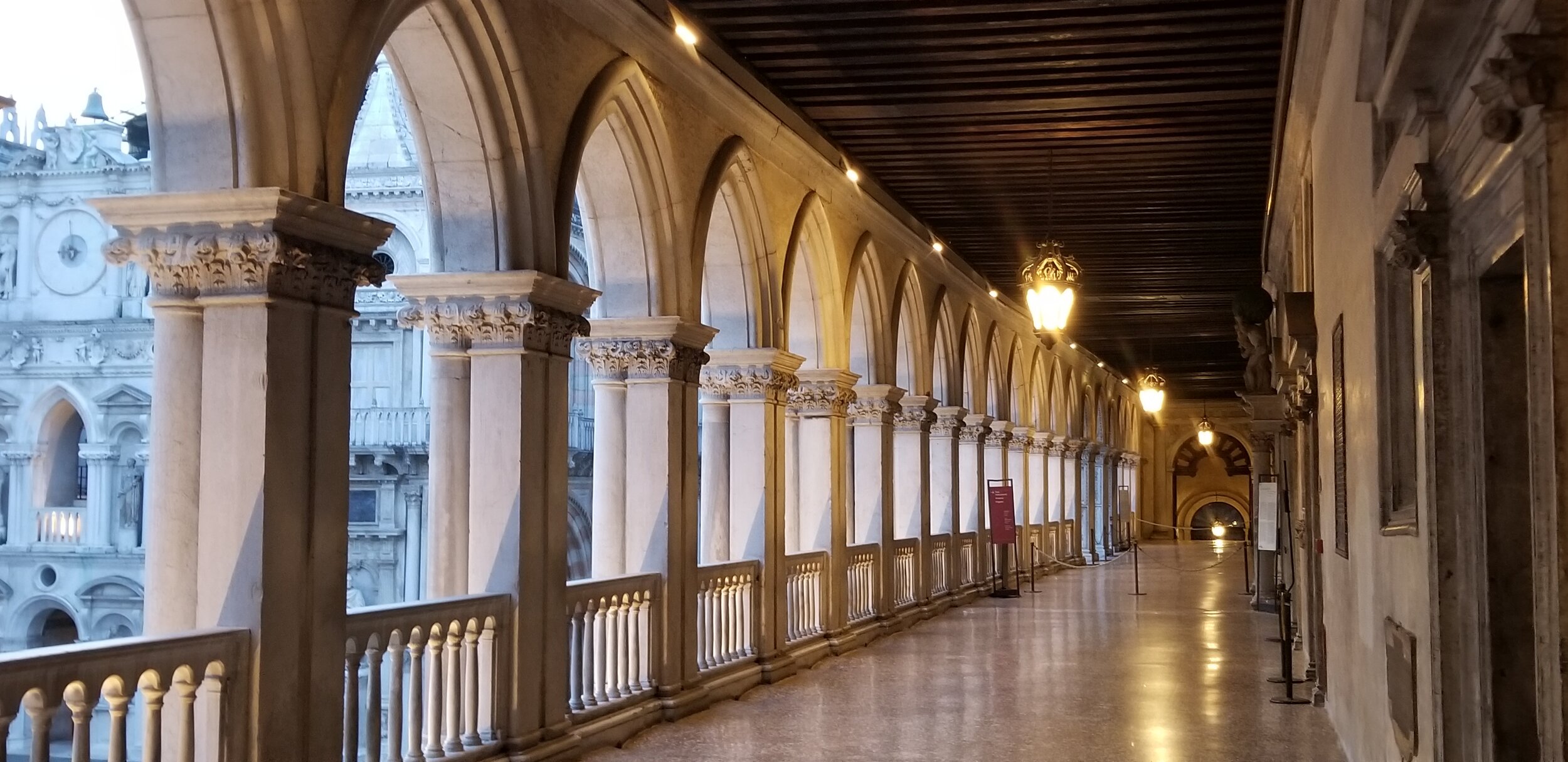
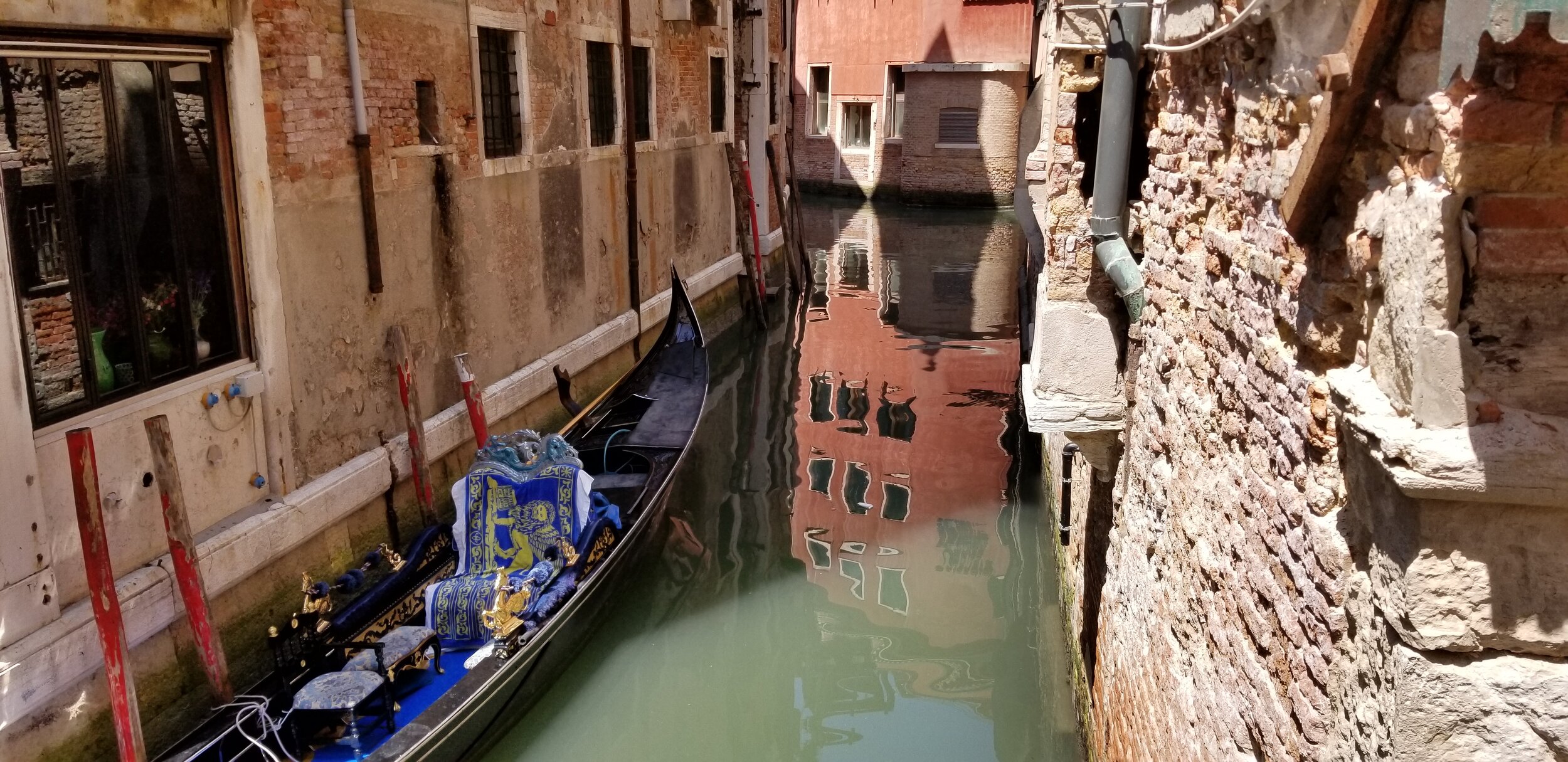
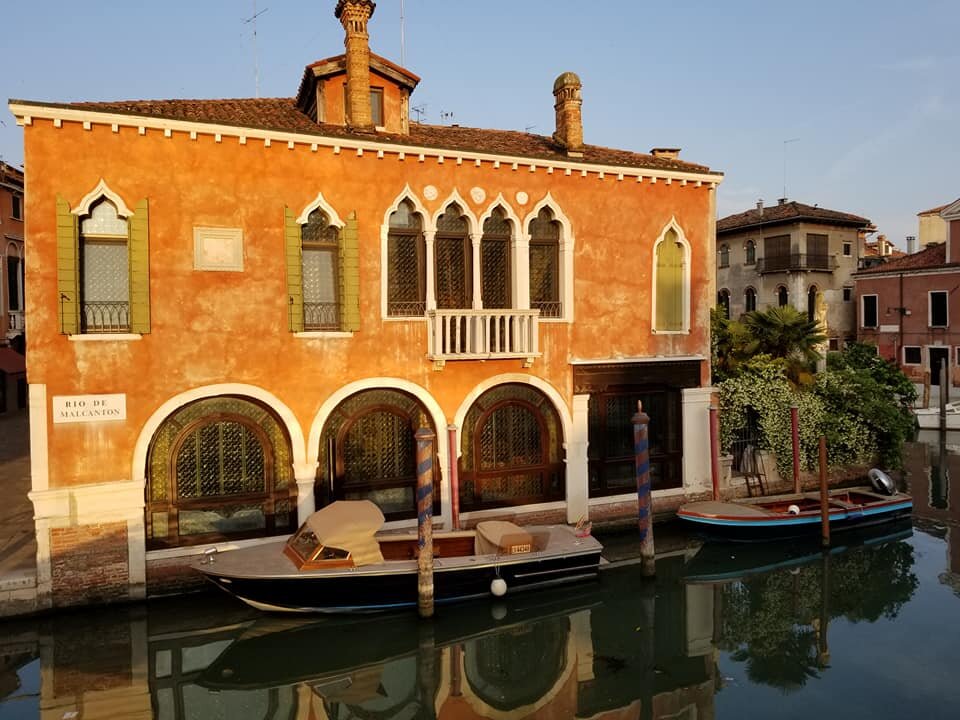
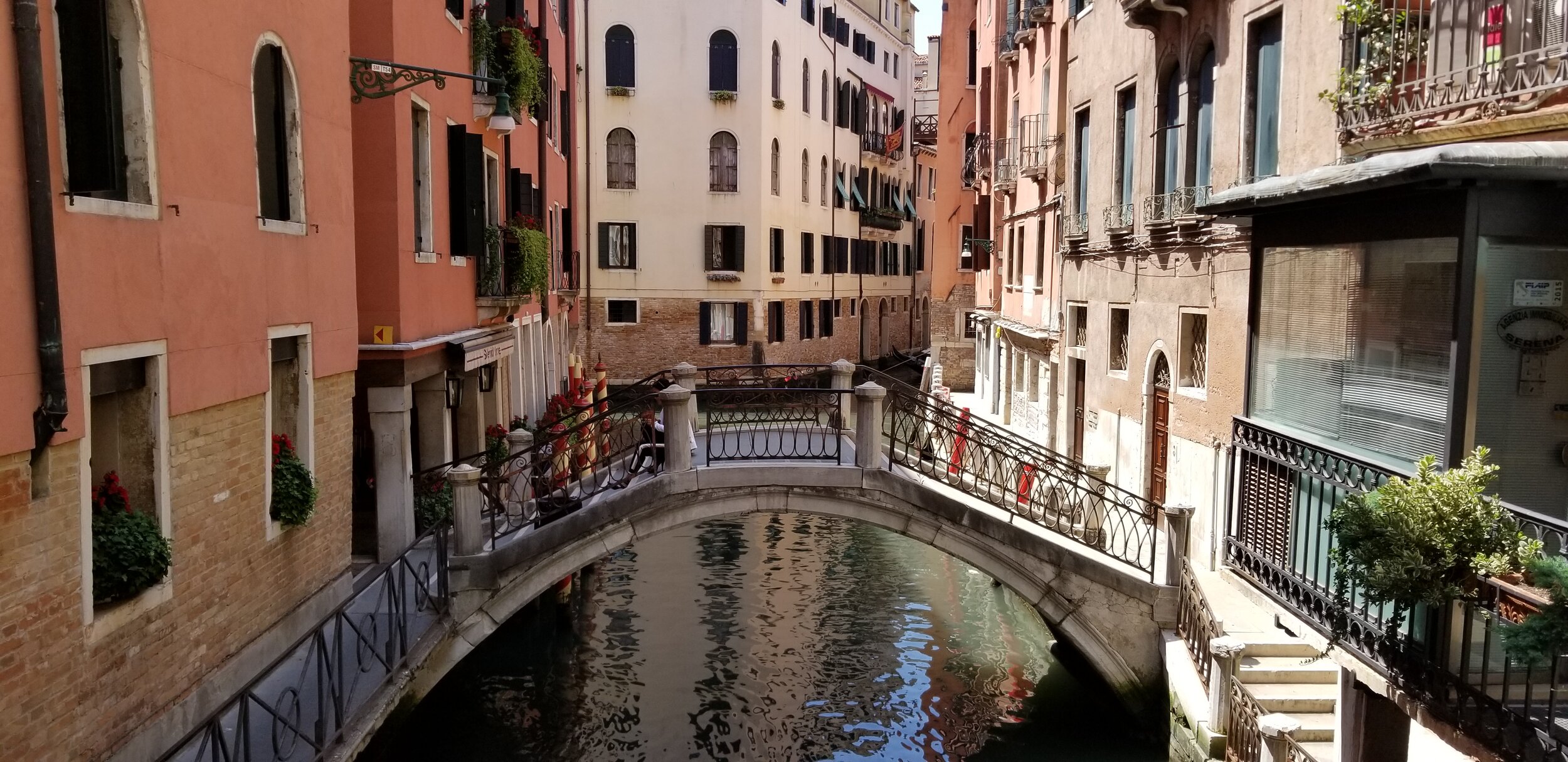
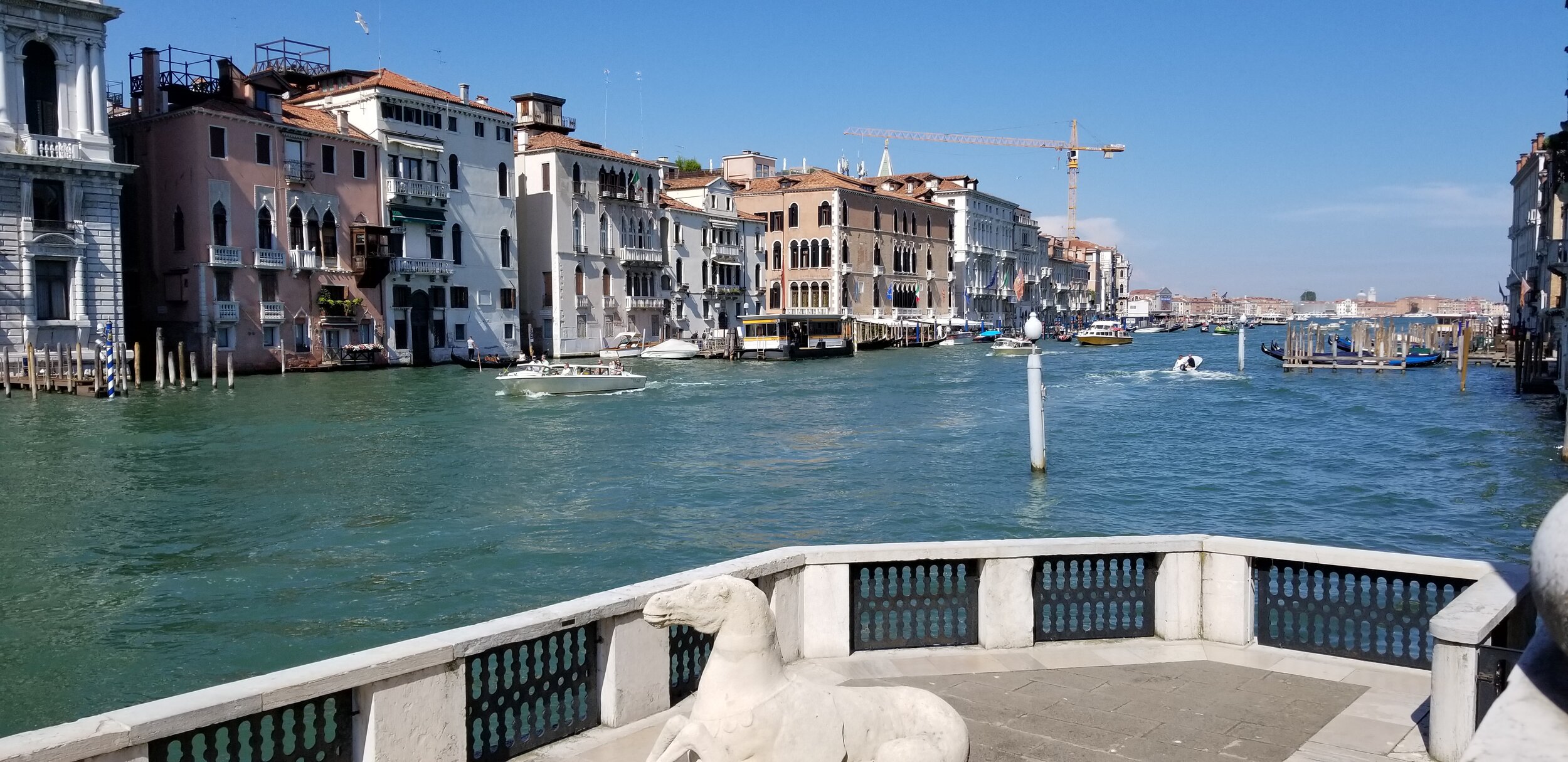
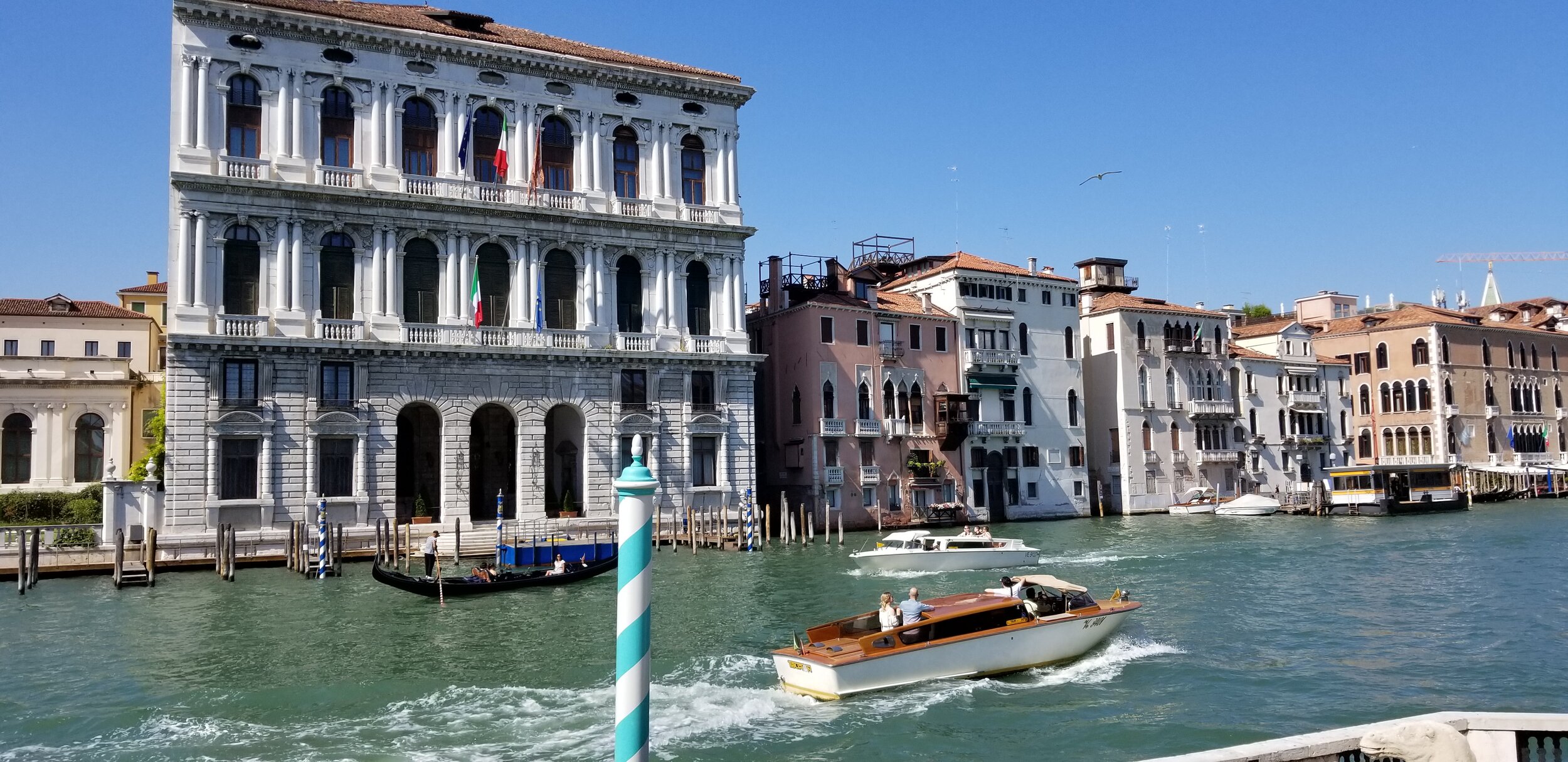
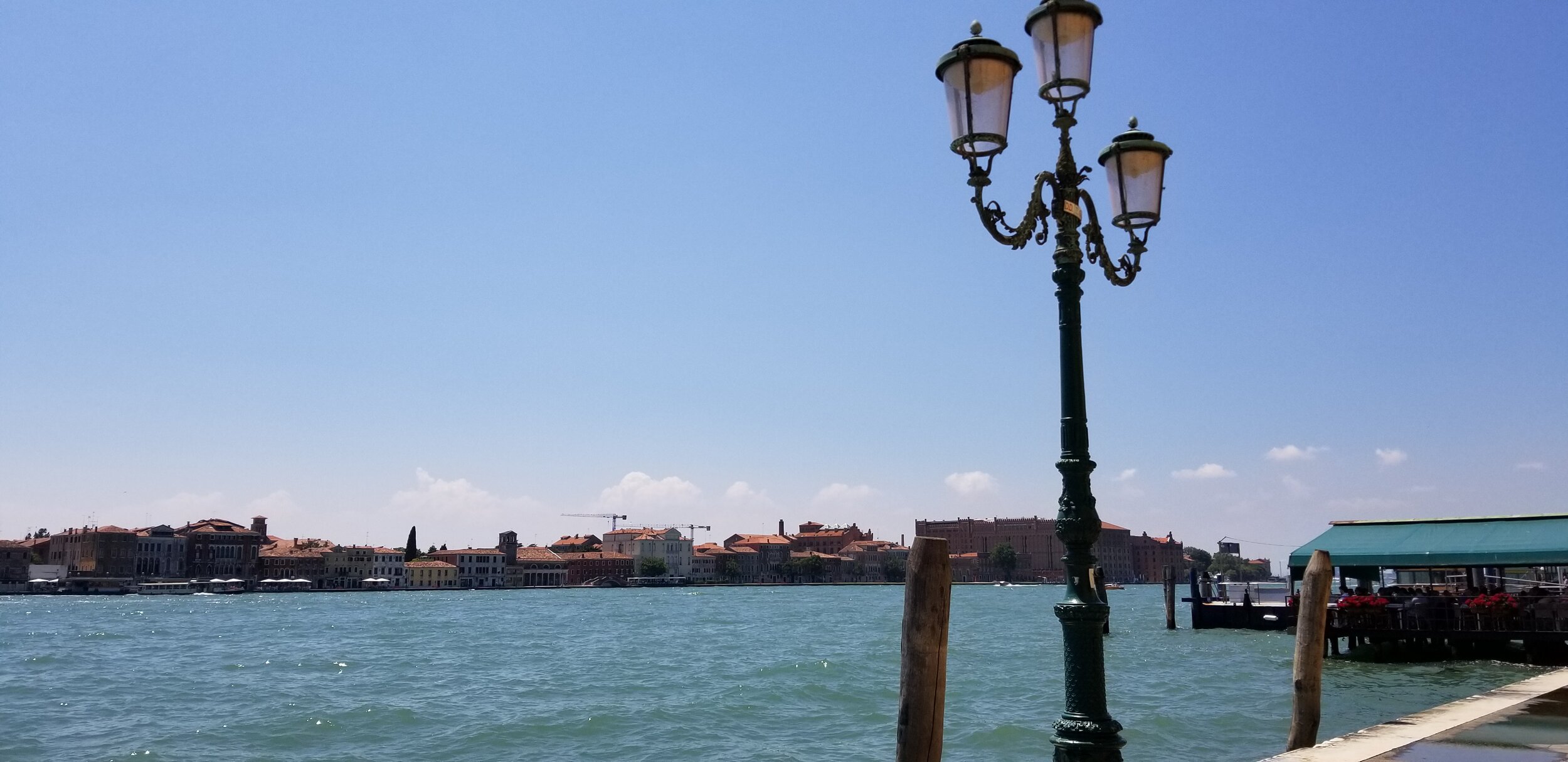
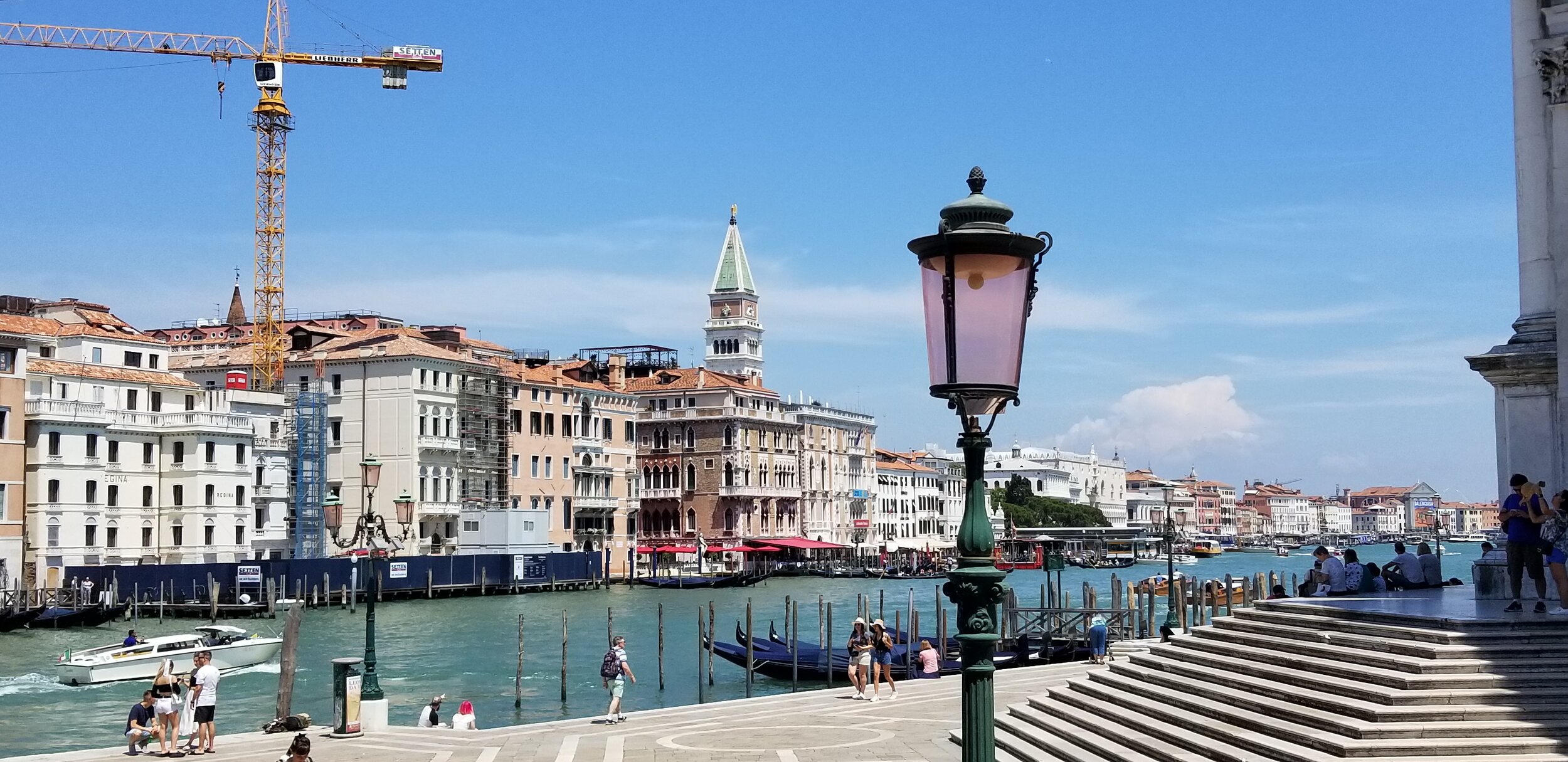
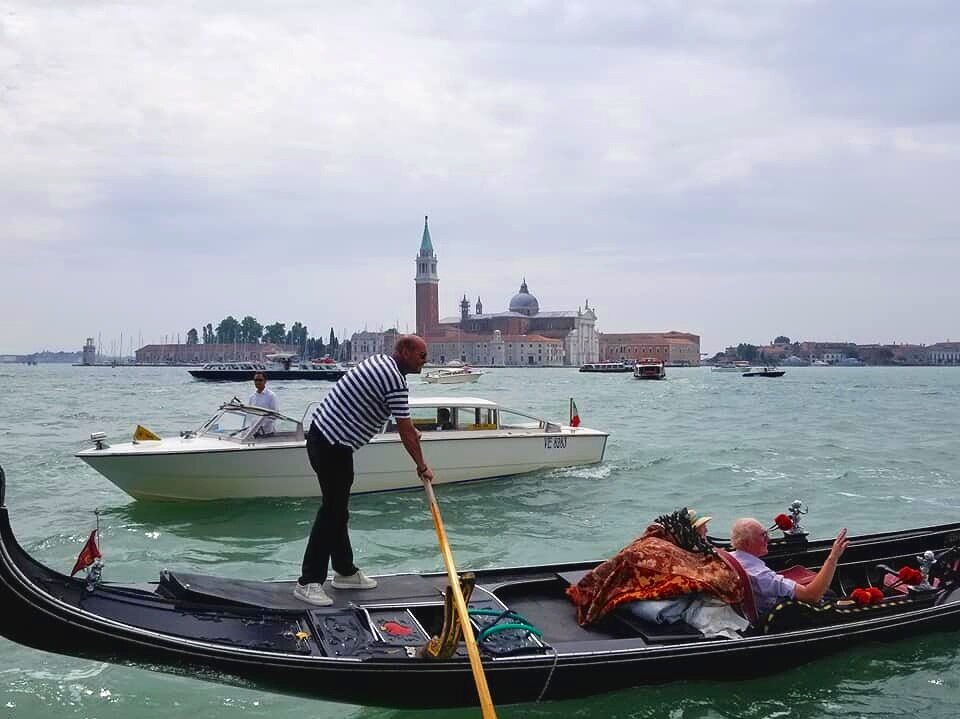
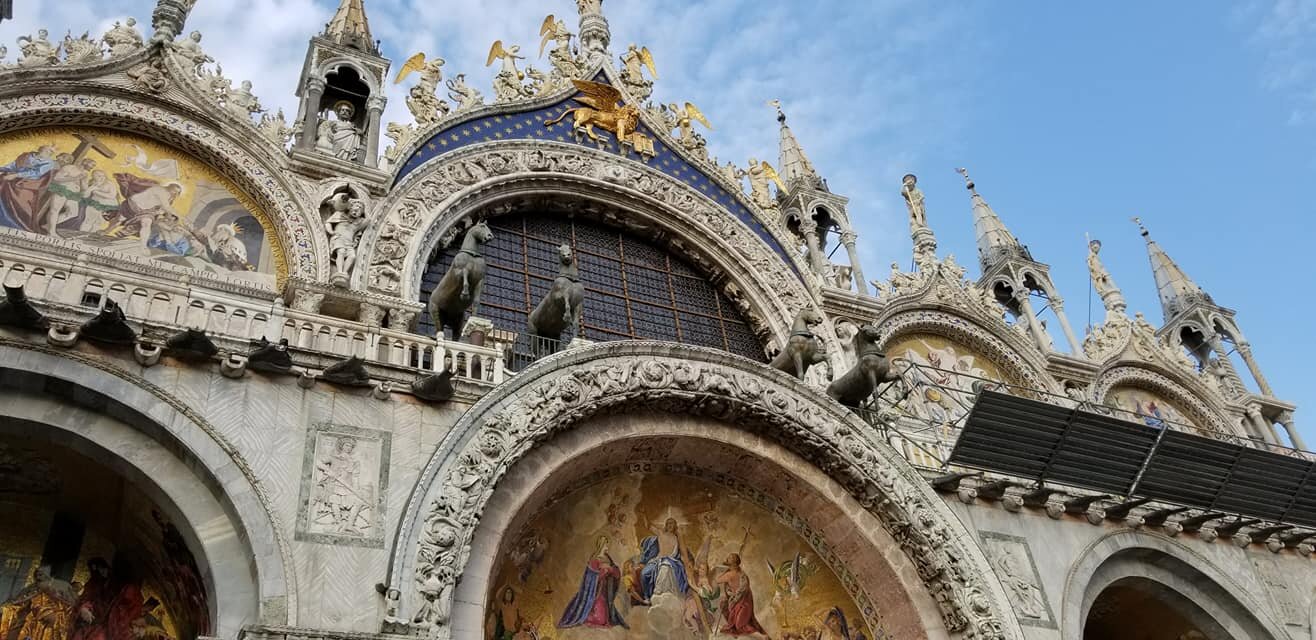
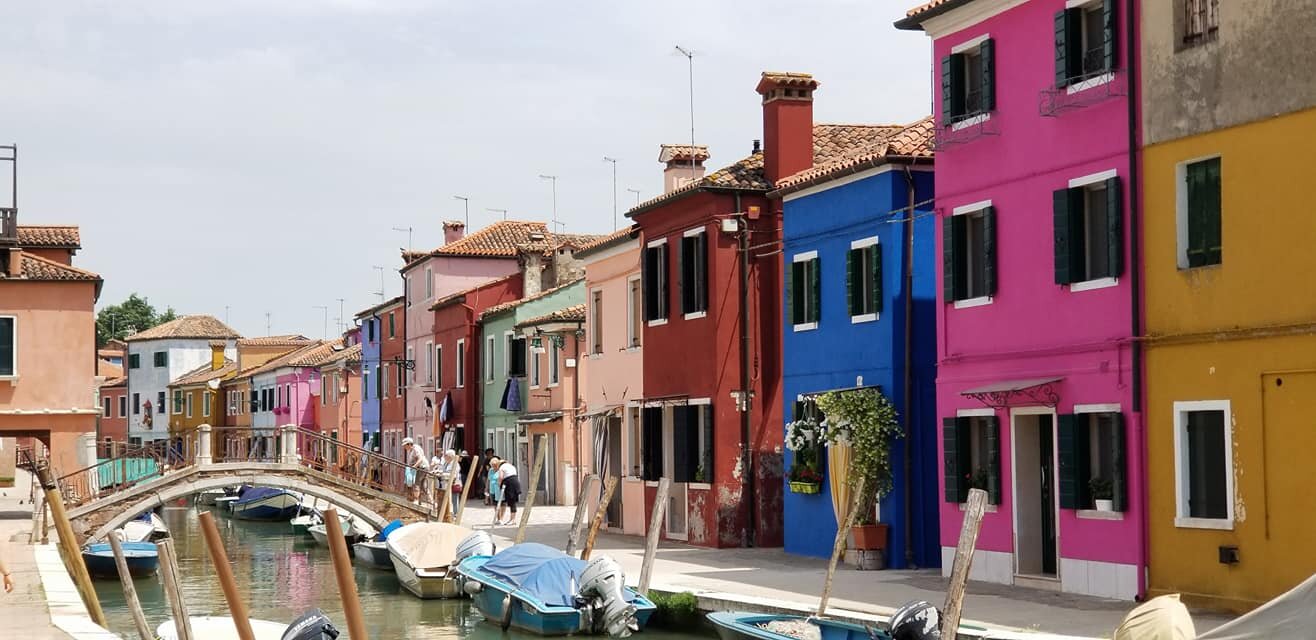
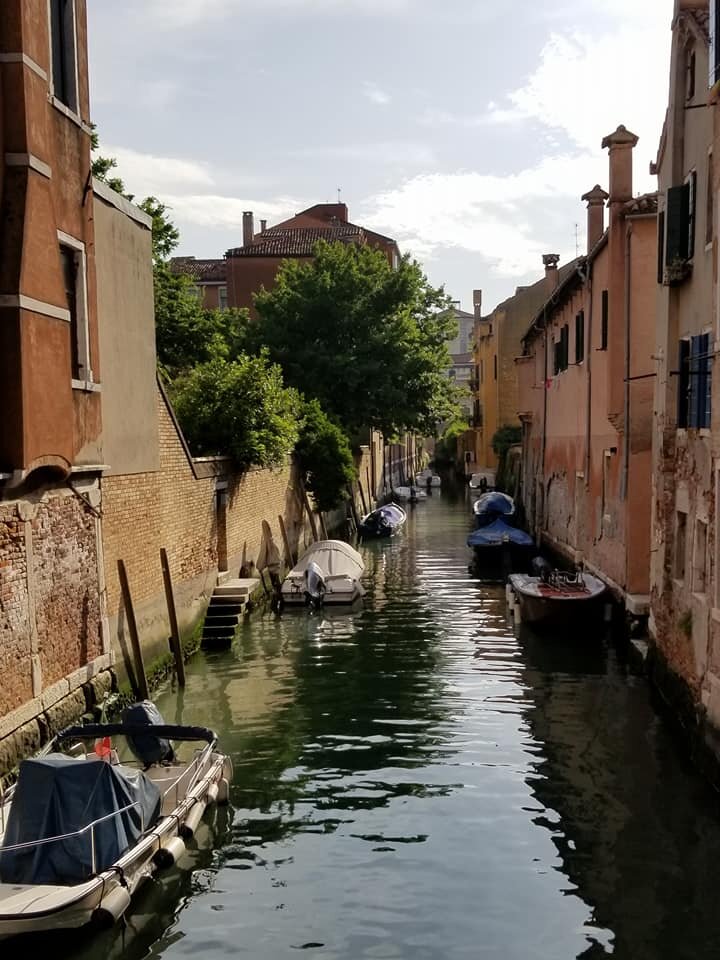
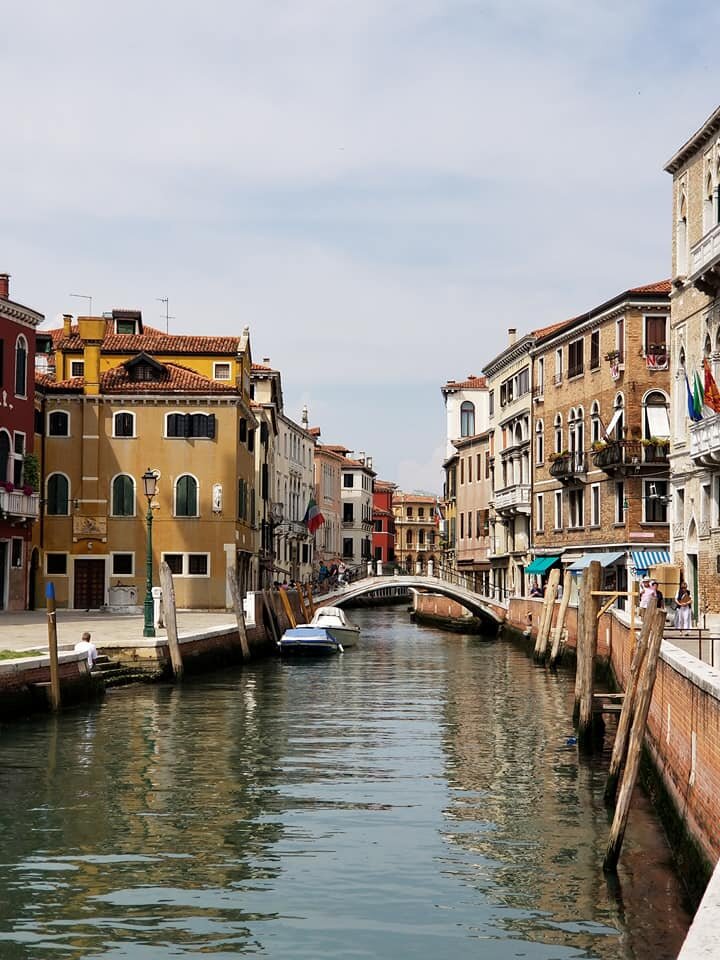
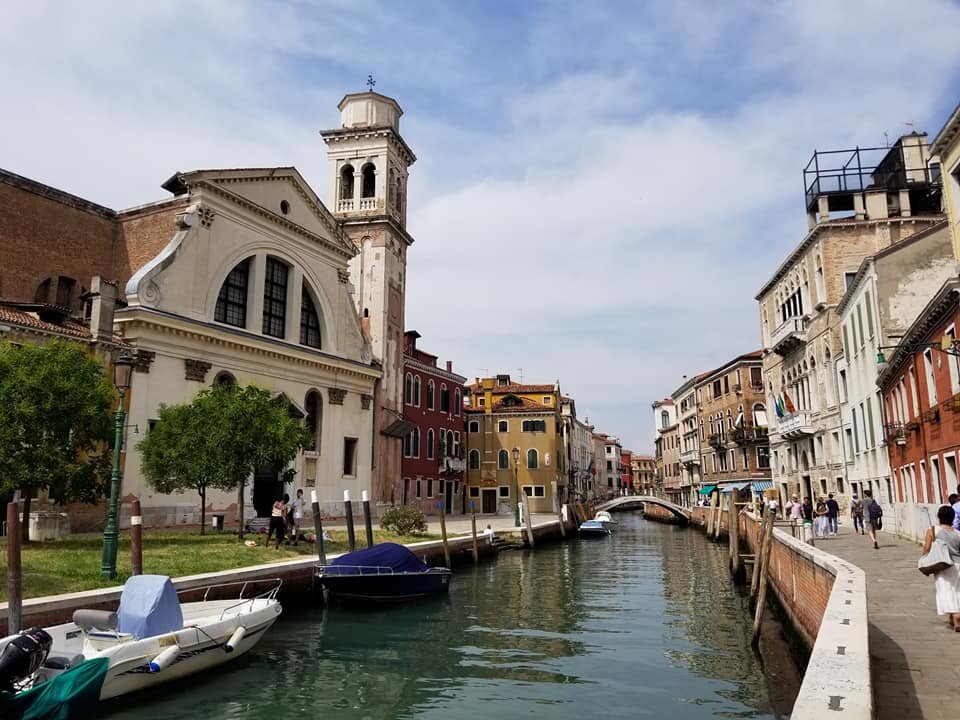
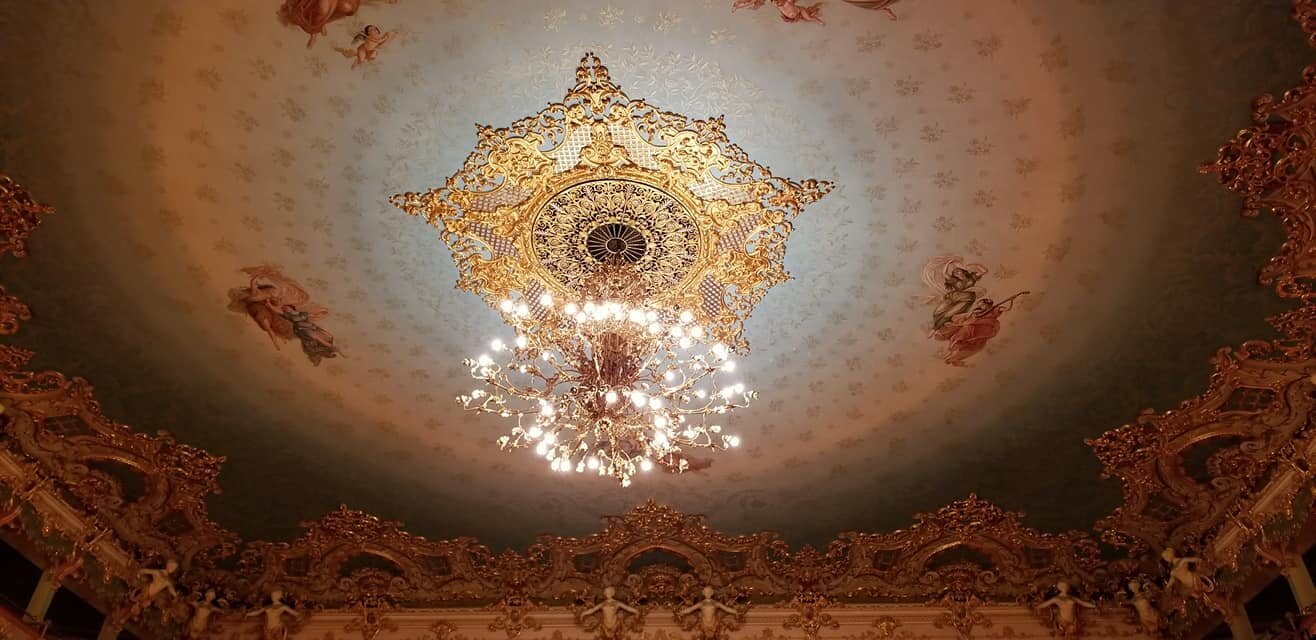
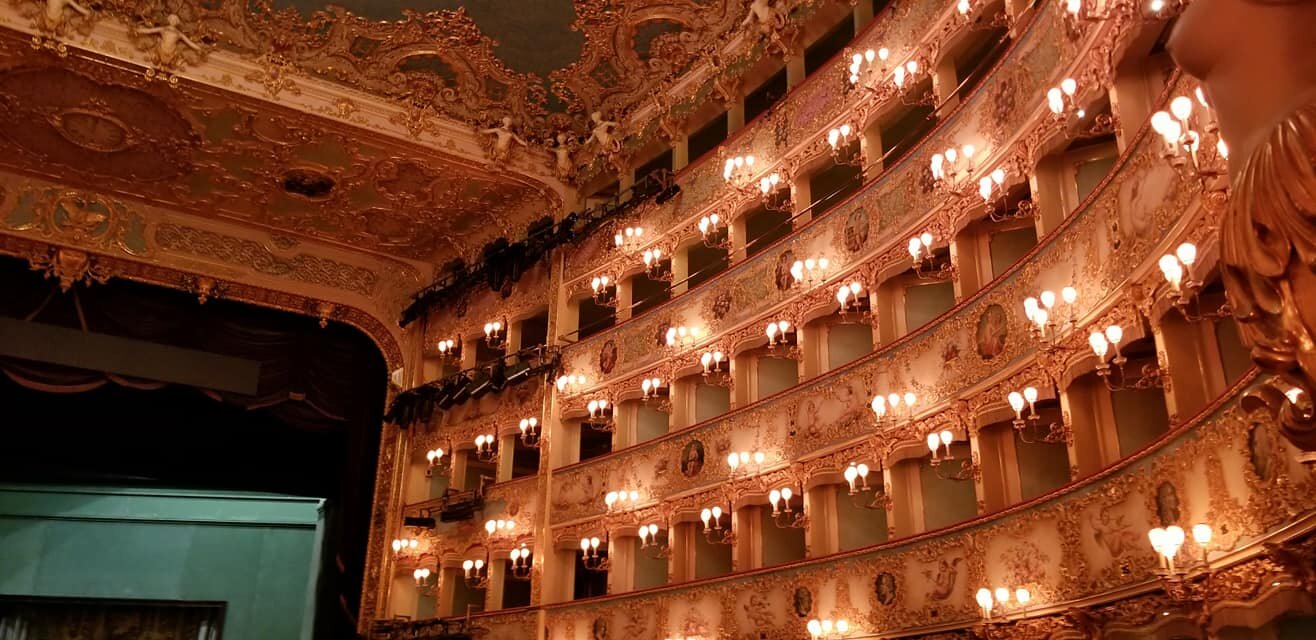
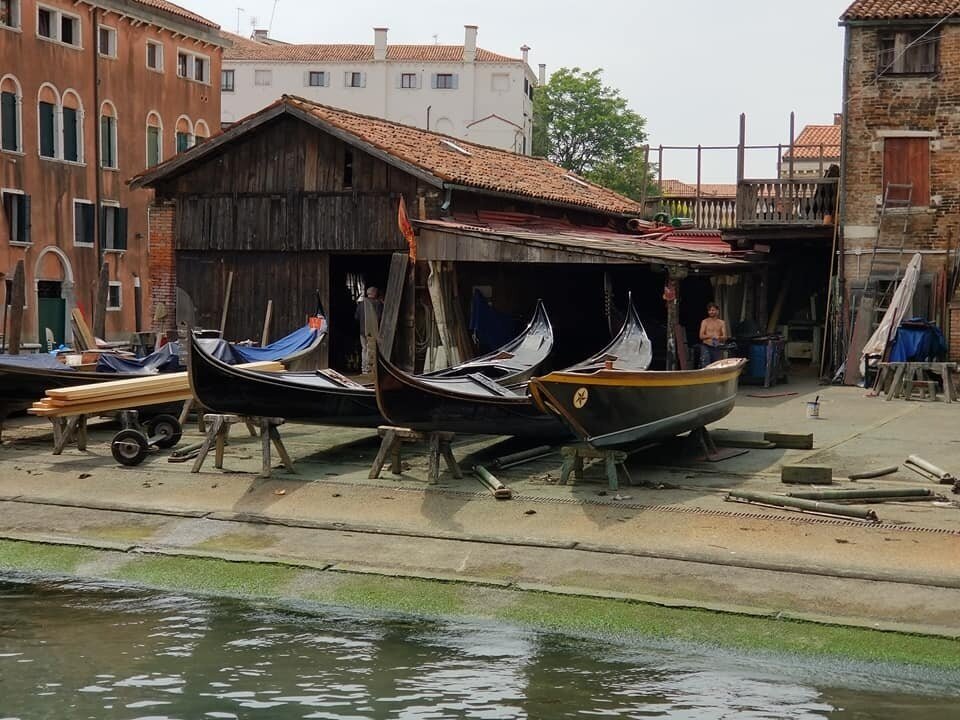
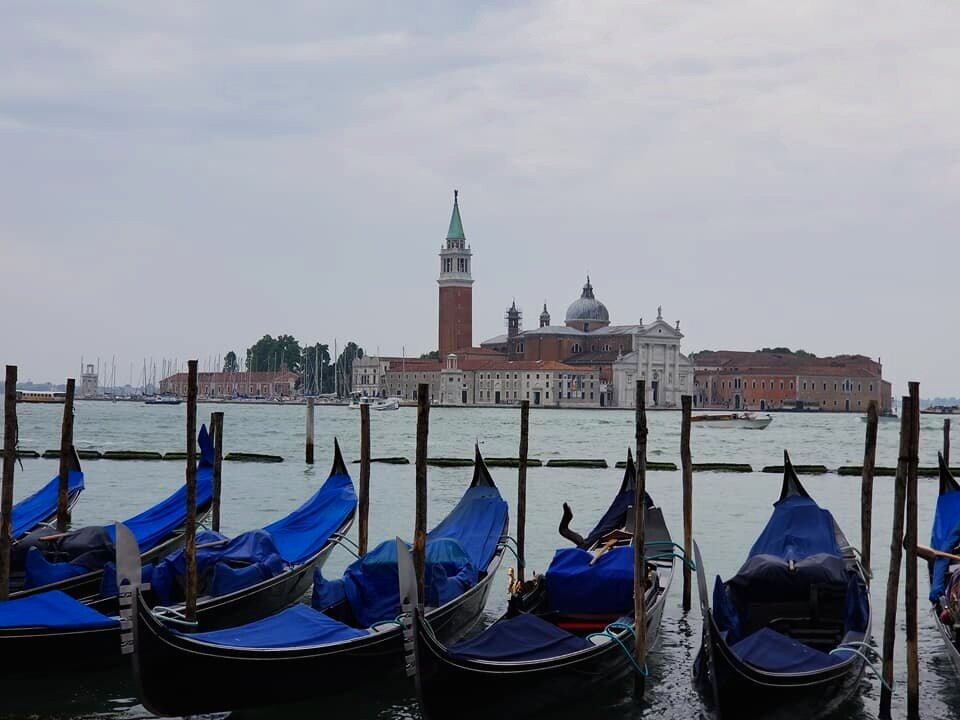
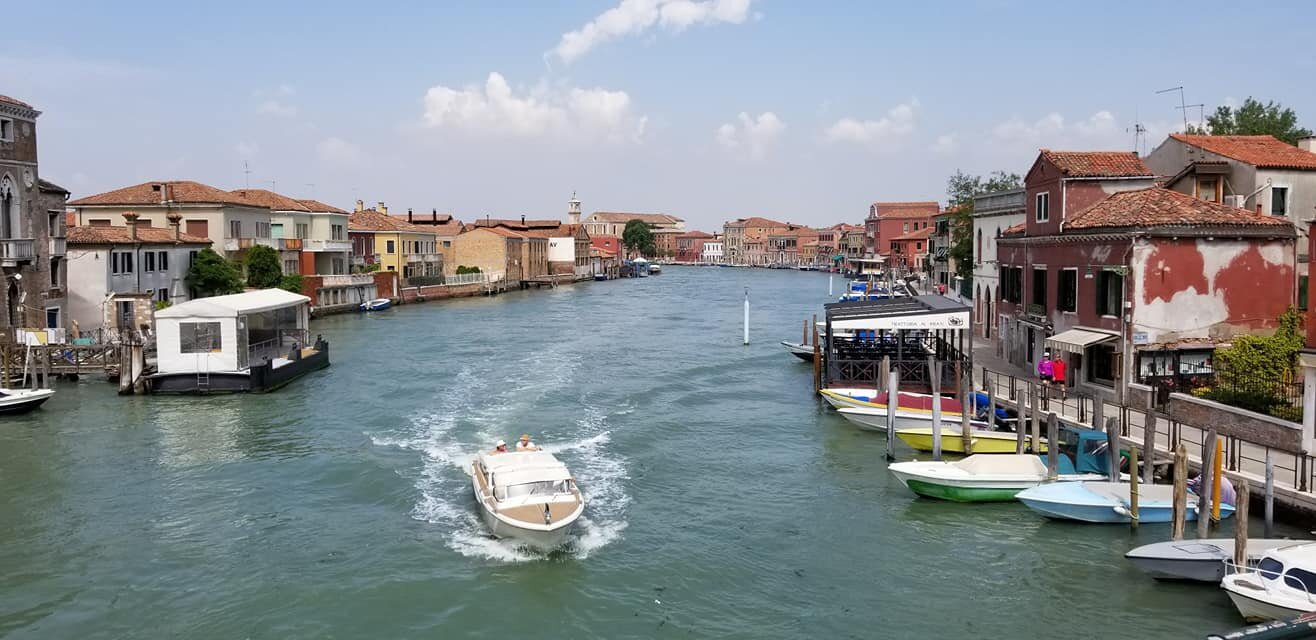
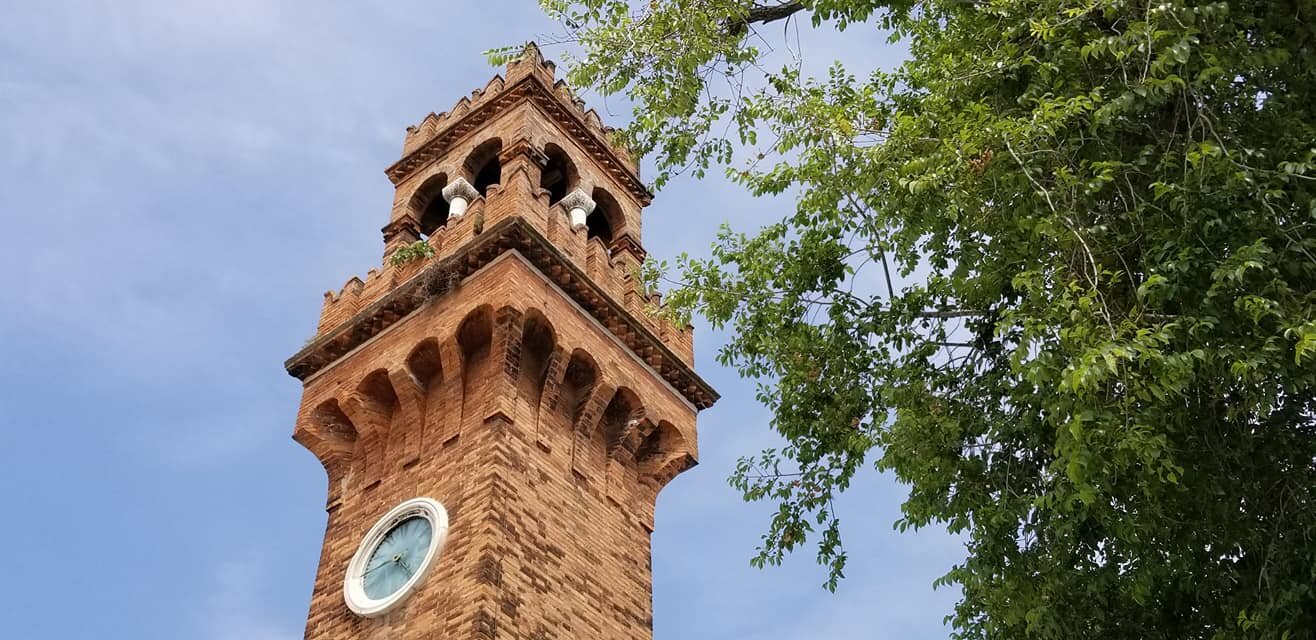
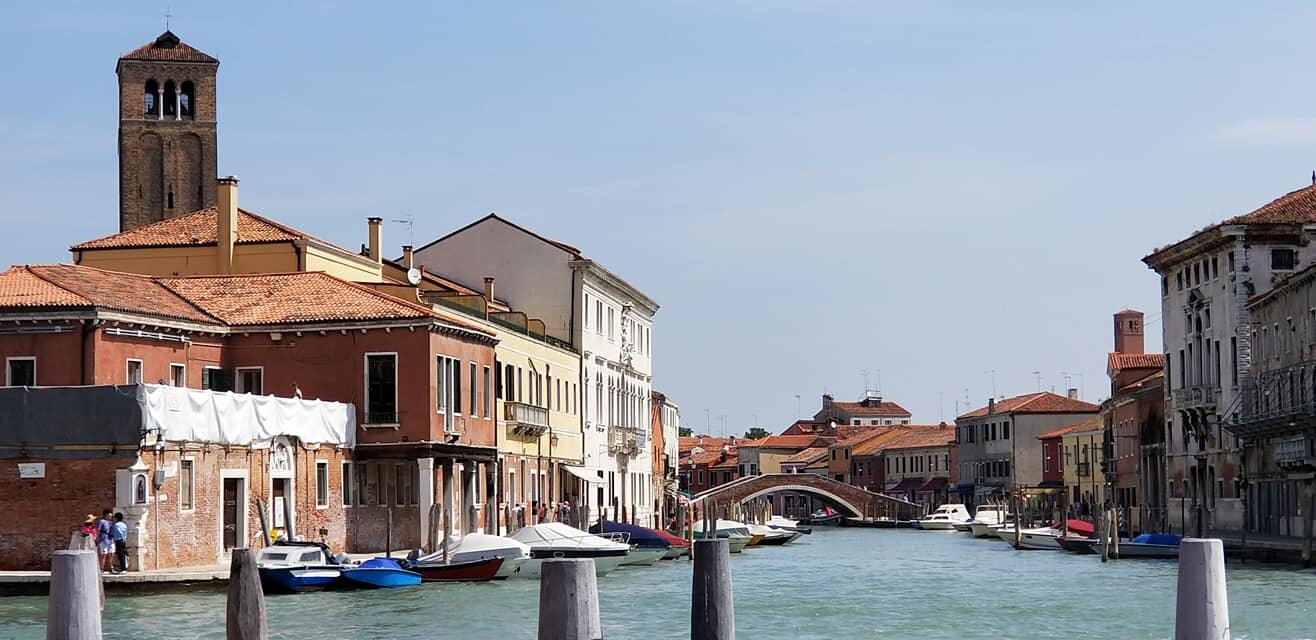
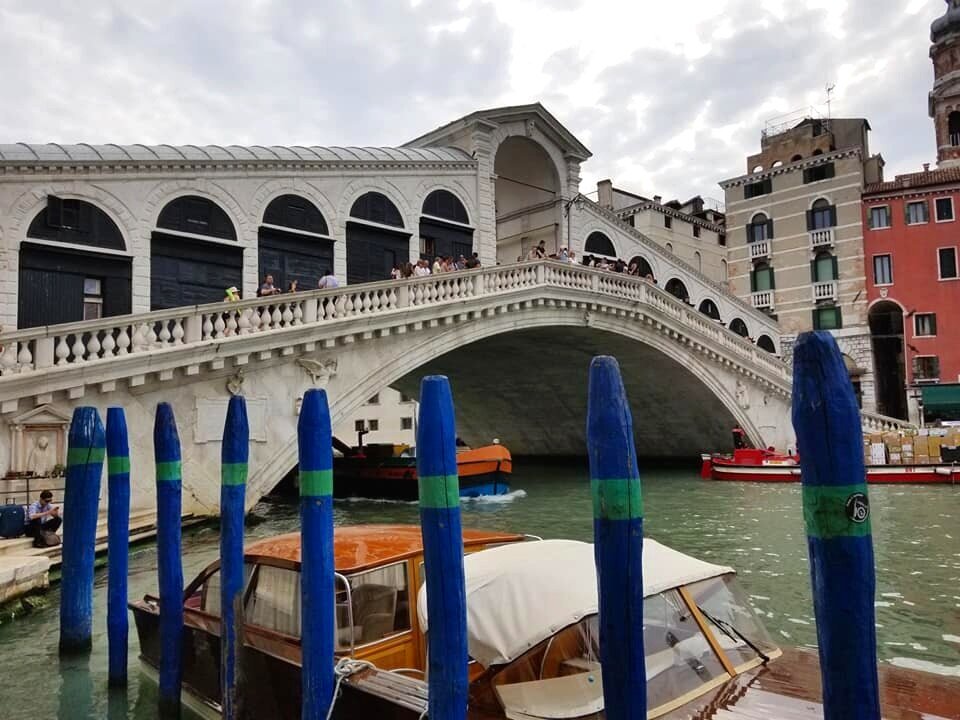
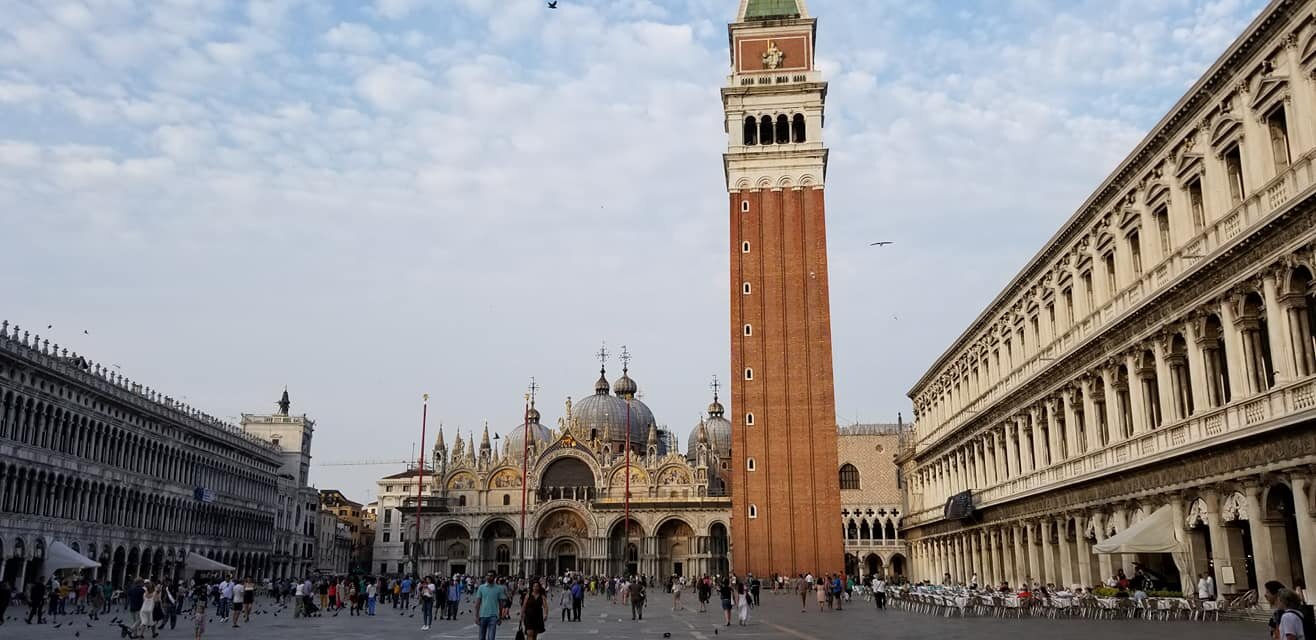
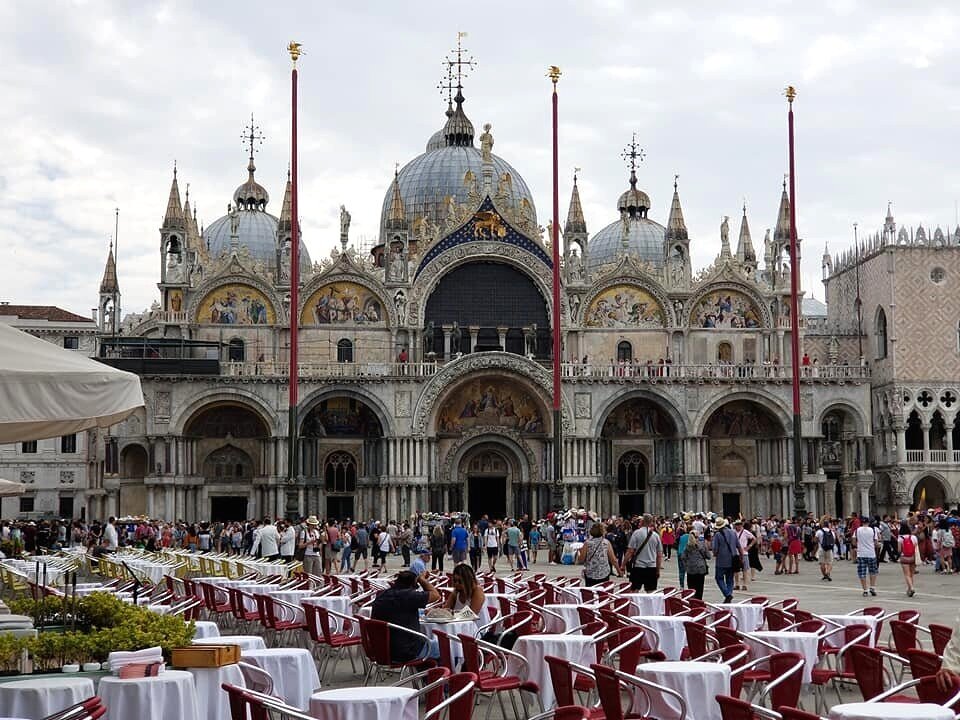
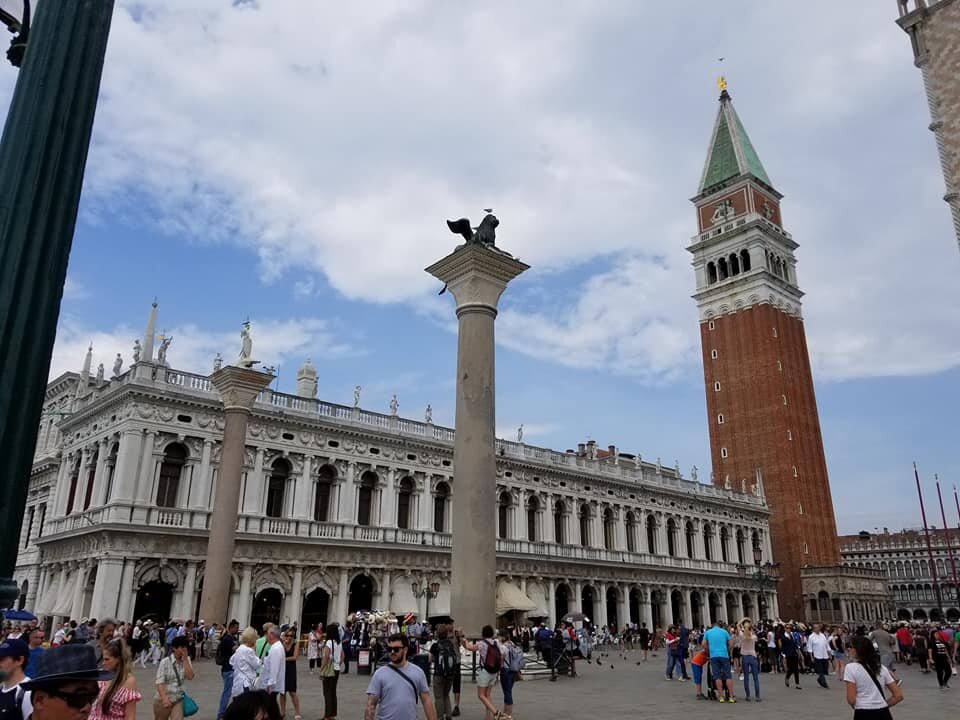
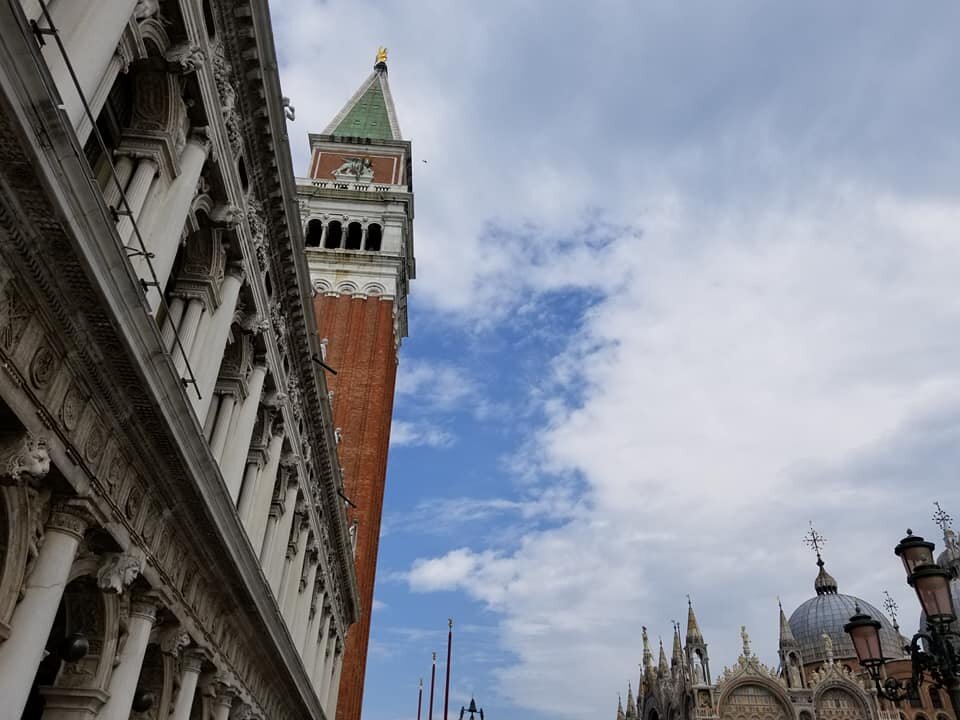
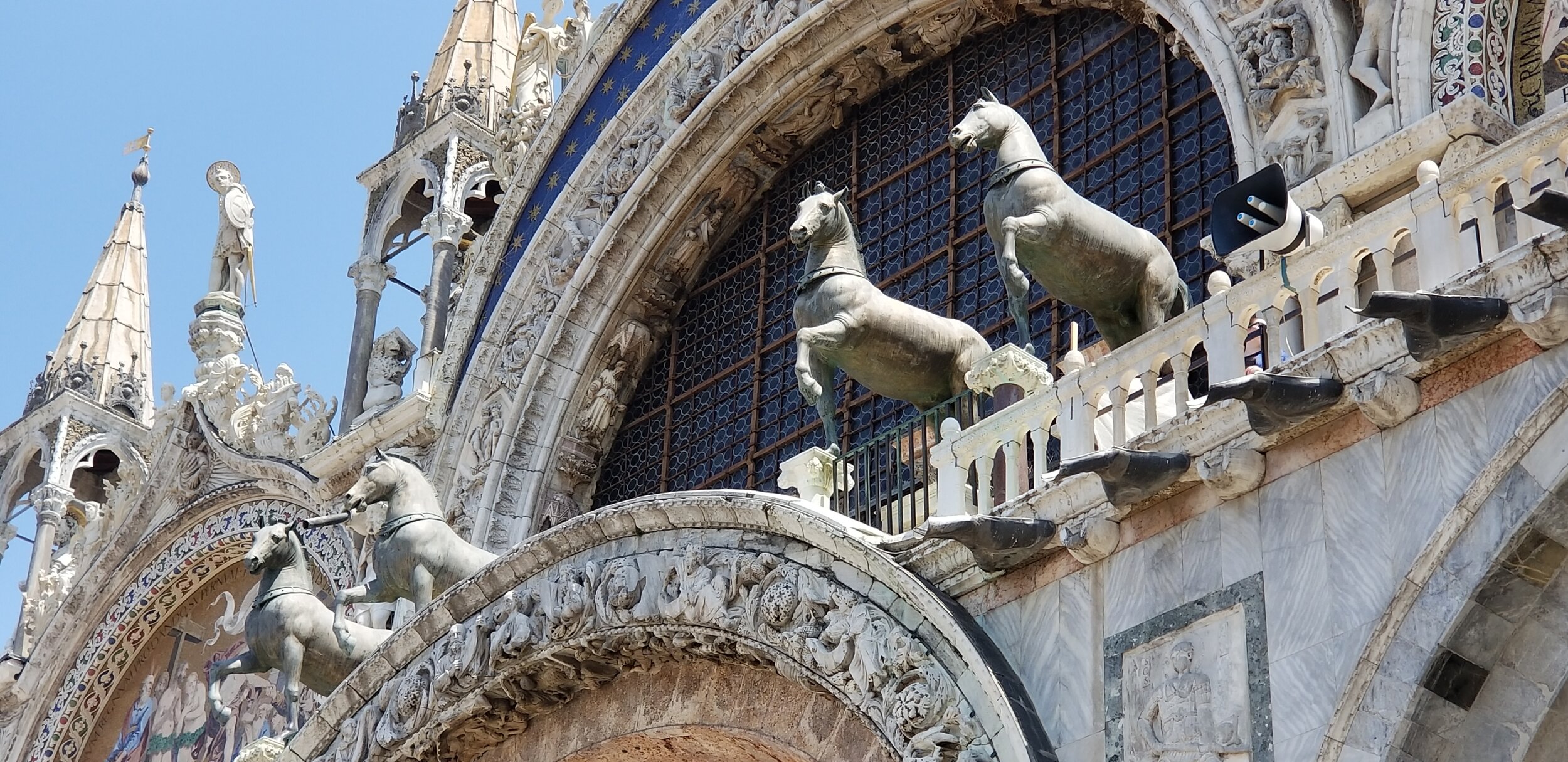
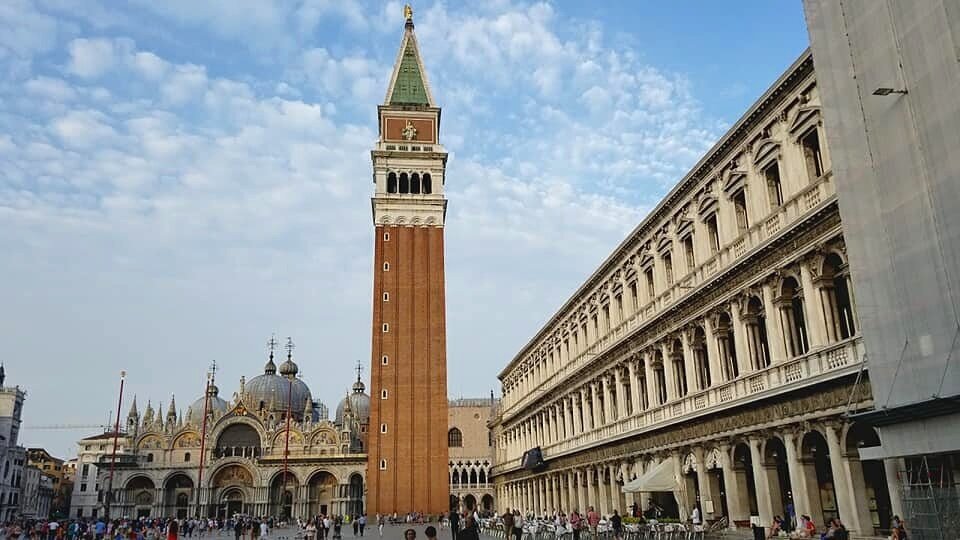
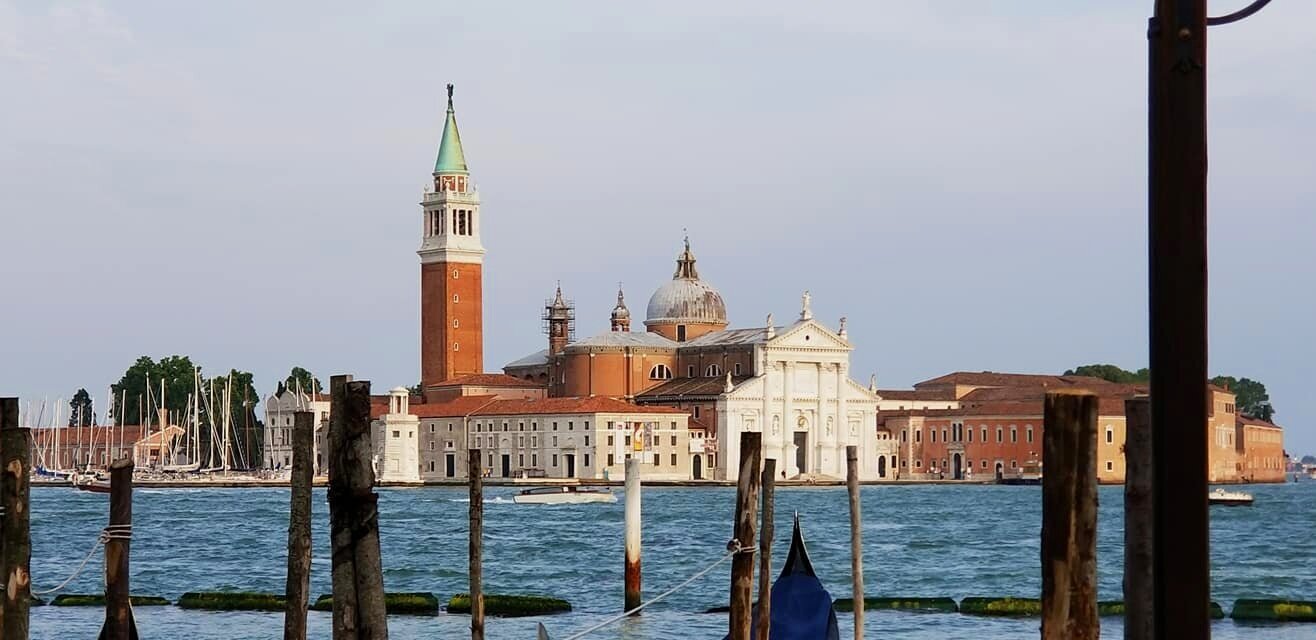
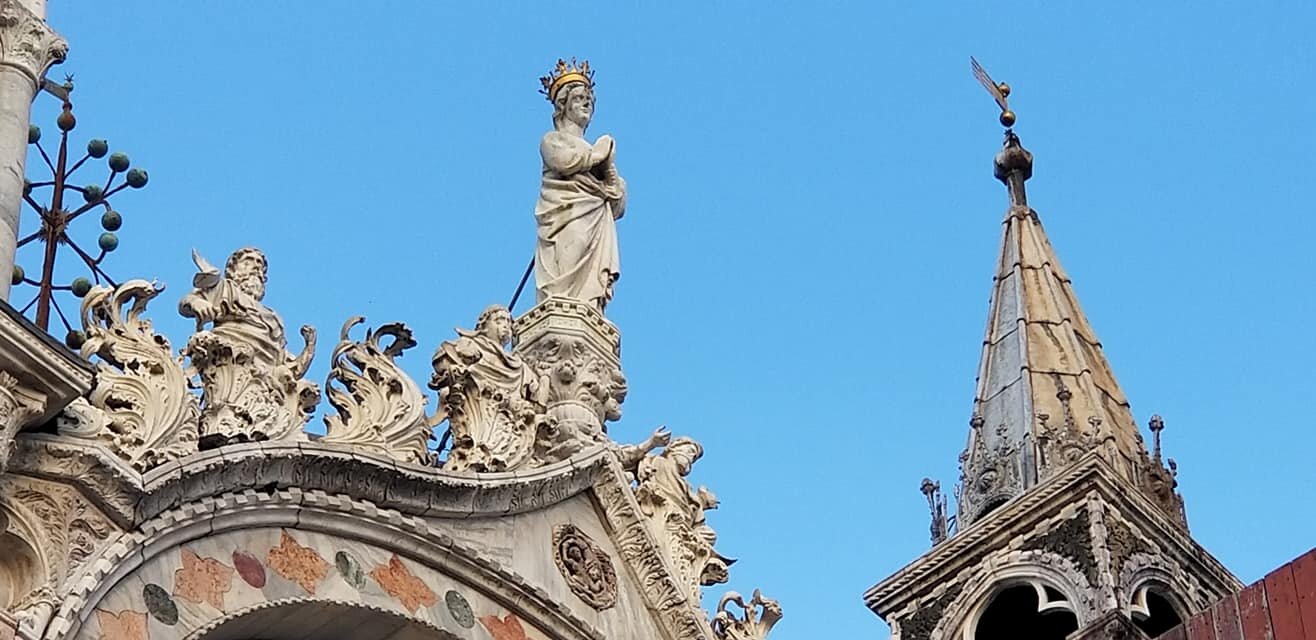
Do not let my reverie fool you. Italy lends itself handily to the paradoxical structure of a dichotomy. It is lusty and passionate as well as filled with rage. It is feral and then suddenly mannered. It can feel plush, stark and prickly. It is all the while vibrant as well as calm.
Still feeling the love? Good. Me, too.
Some of the great art intellectuals of the Renaissance and present day describe the brilliance of Italianate painting and composition with the phrase “chiaroscuro” or light and shadow. The wonder and the beauty of the Italian language is so knowing that it can describe something with a word and not only have it mean two distinctly different things, but also mean the differences between those things and how they define each other. I have never heard a more accurate phrase describing the life force of Italy. The ethereal idea that without shadow we cannot define light and vice versa lies at the very core of the Italian paradigm. The beauty of this dichotomy is so profound that artists have been trying to capture it for centuries.
In life, our light can be obscured by the occurrence of shadows. And as heart-racing and as scintillating as the light of life is, it can be blinding. But when the leaves of Life’s grand old tree gracefully flicker in the sunbeams, giving us a dappled moment of shade, a wistful moment of shadow in the heat of life, we can sense time slowing down.
Suddenly, we slow down.
As our pulse relaxes, we start drawing long, luxurious breaths. In these moments, our sighs create the breath of a shadow, the shade of our soul. These shadows, le ombre, provide a second for our hearts to stop fluttering over Life’s bright light. It is in those seconds that we may well find the secret to Italian life.
In those fleeting moments, we find peace.
view of the sunset on the Dorsoduro from La Giudecca
